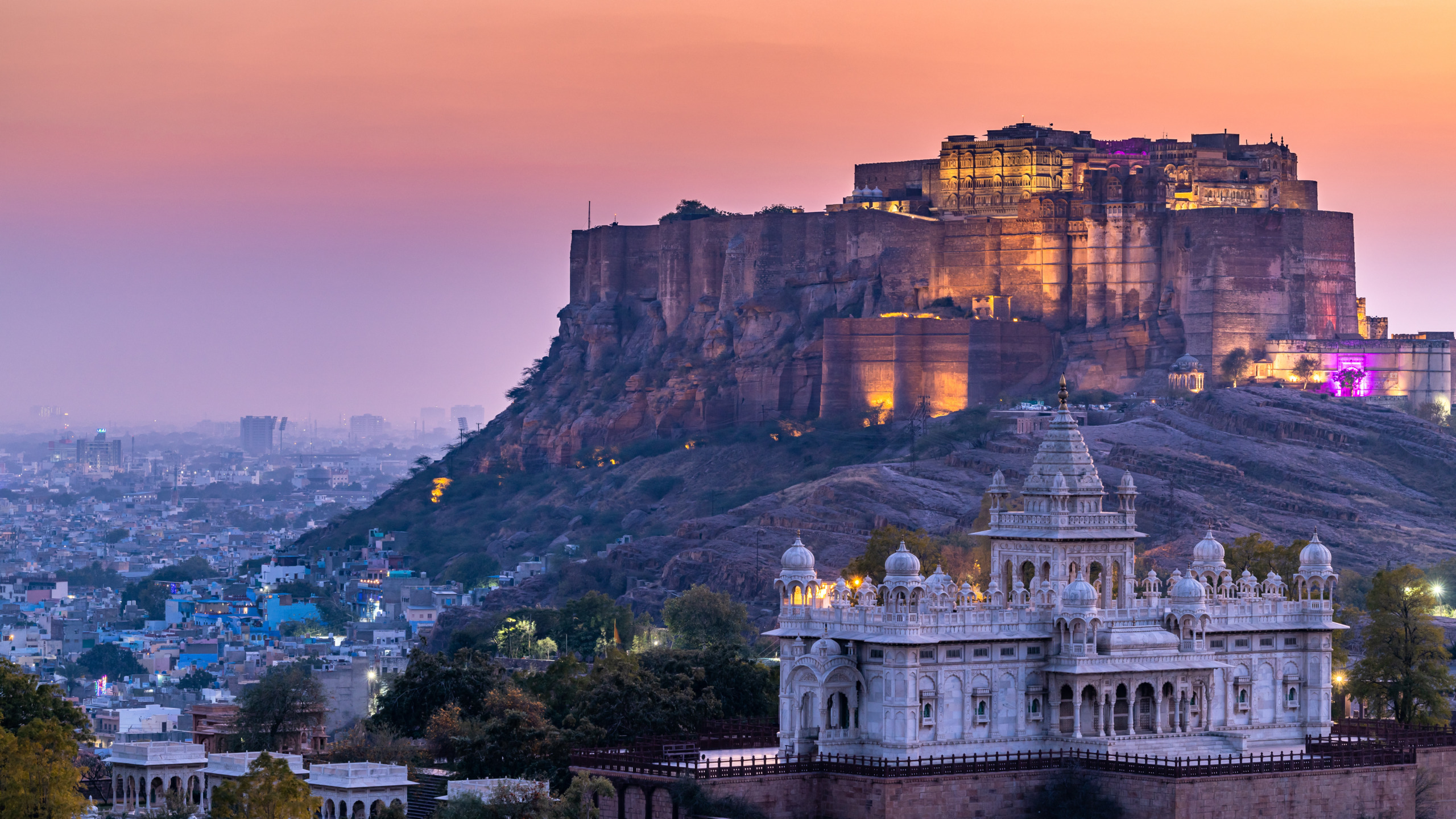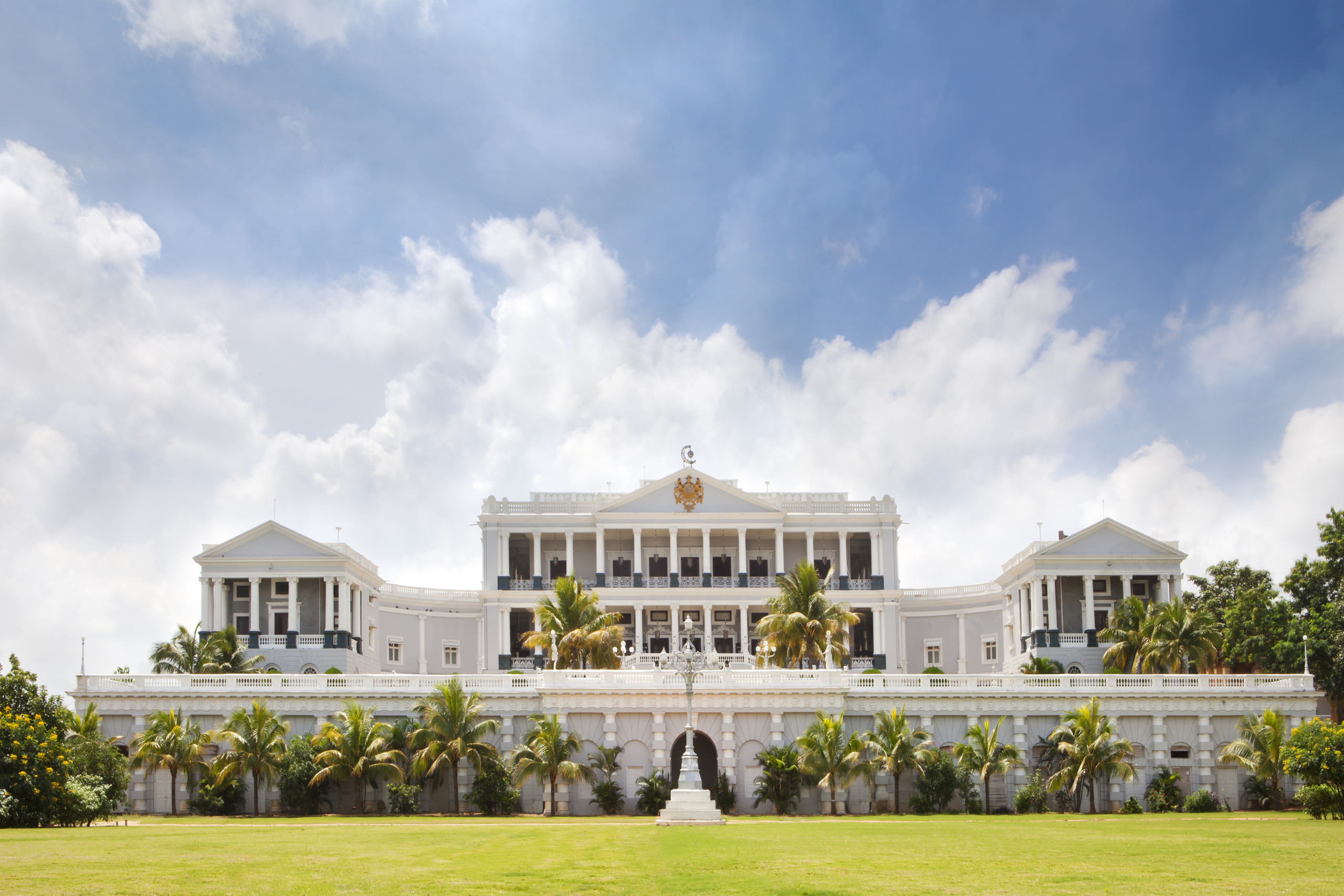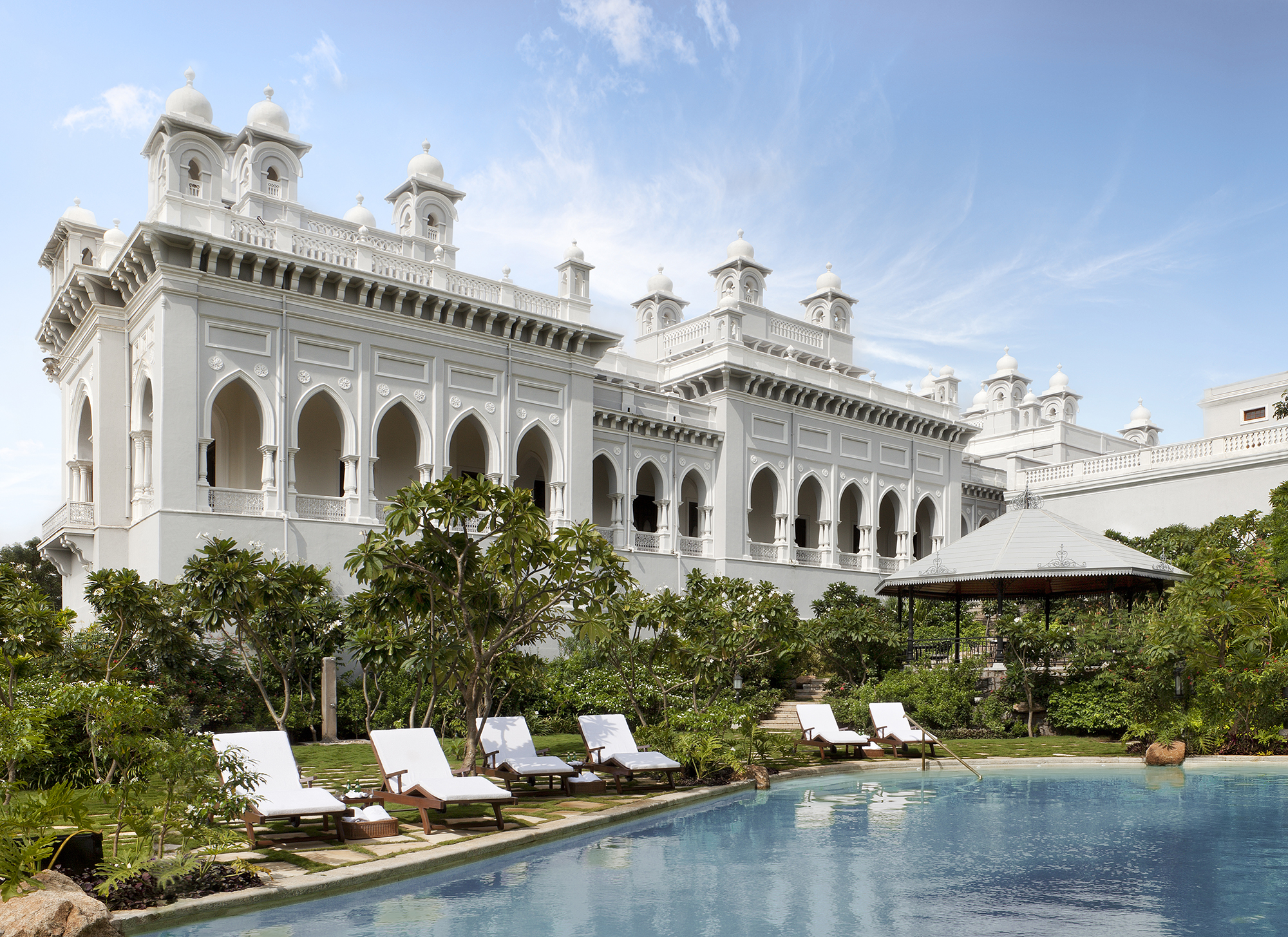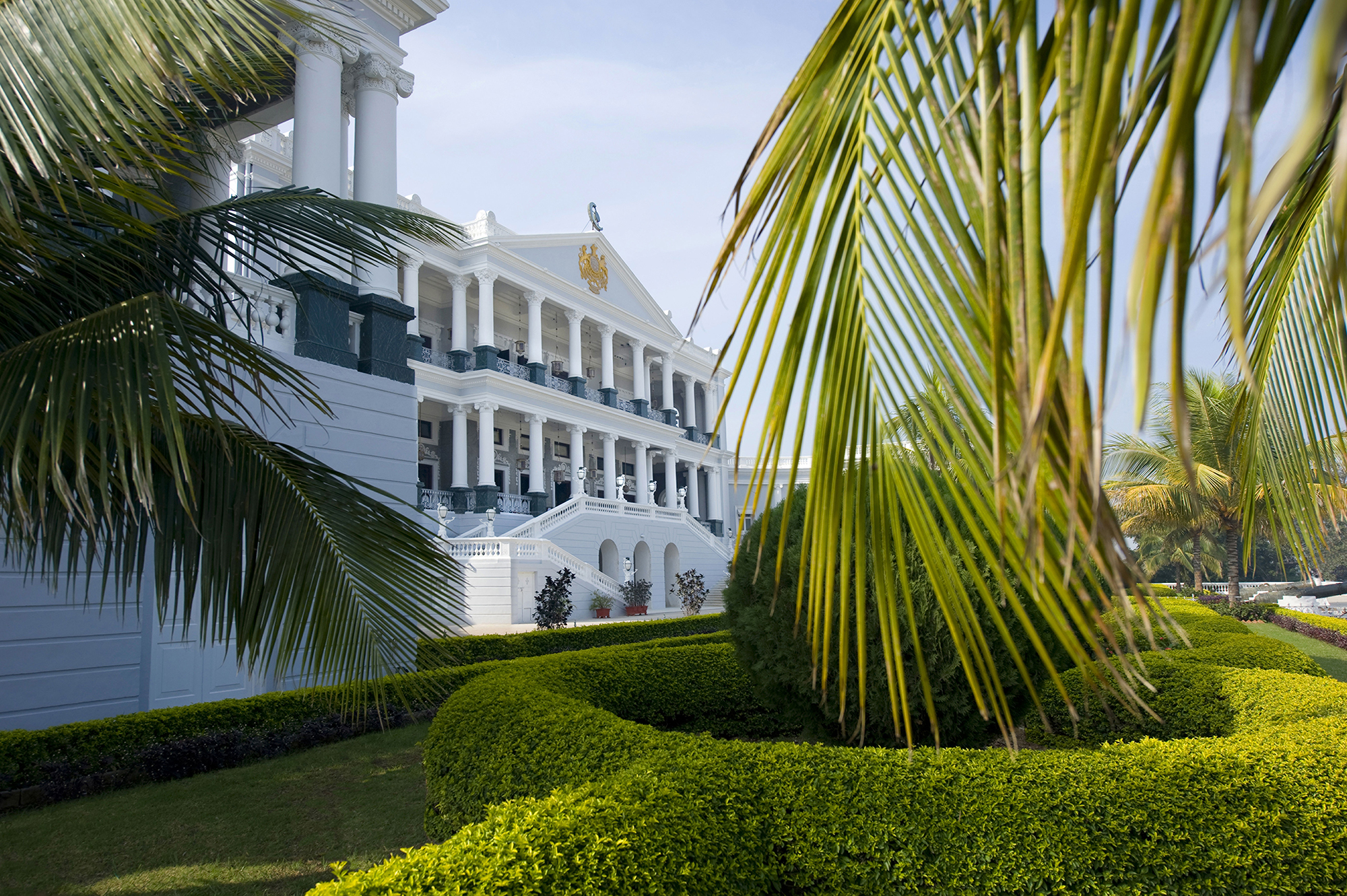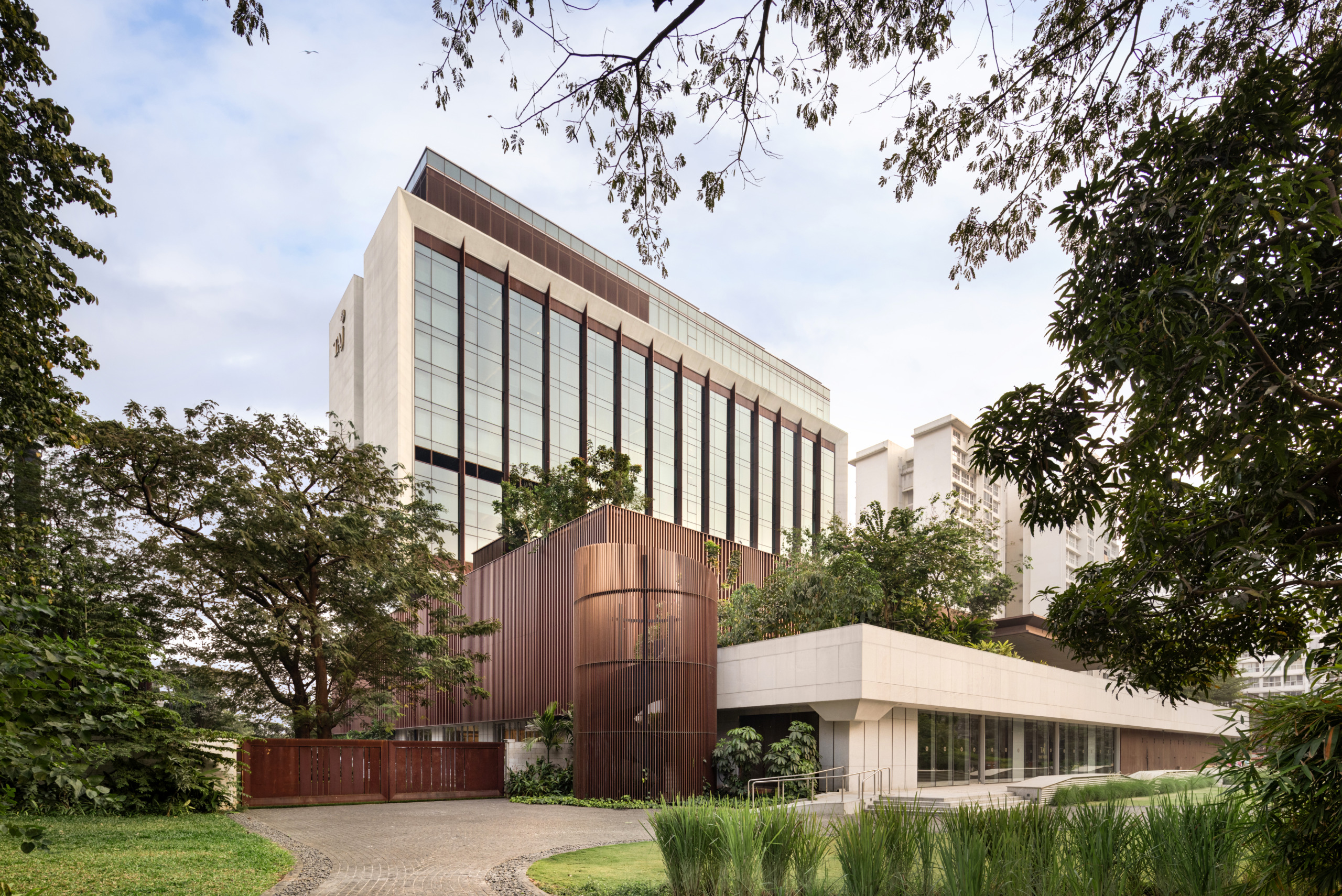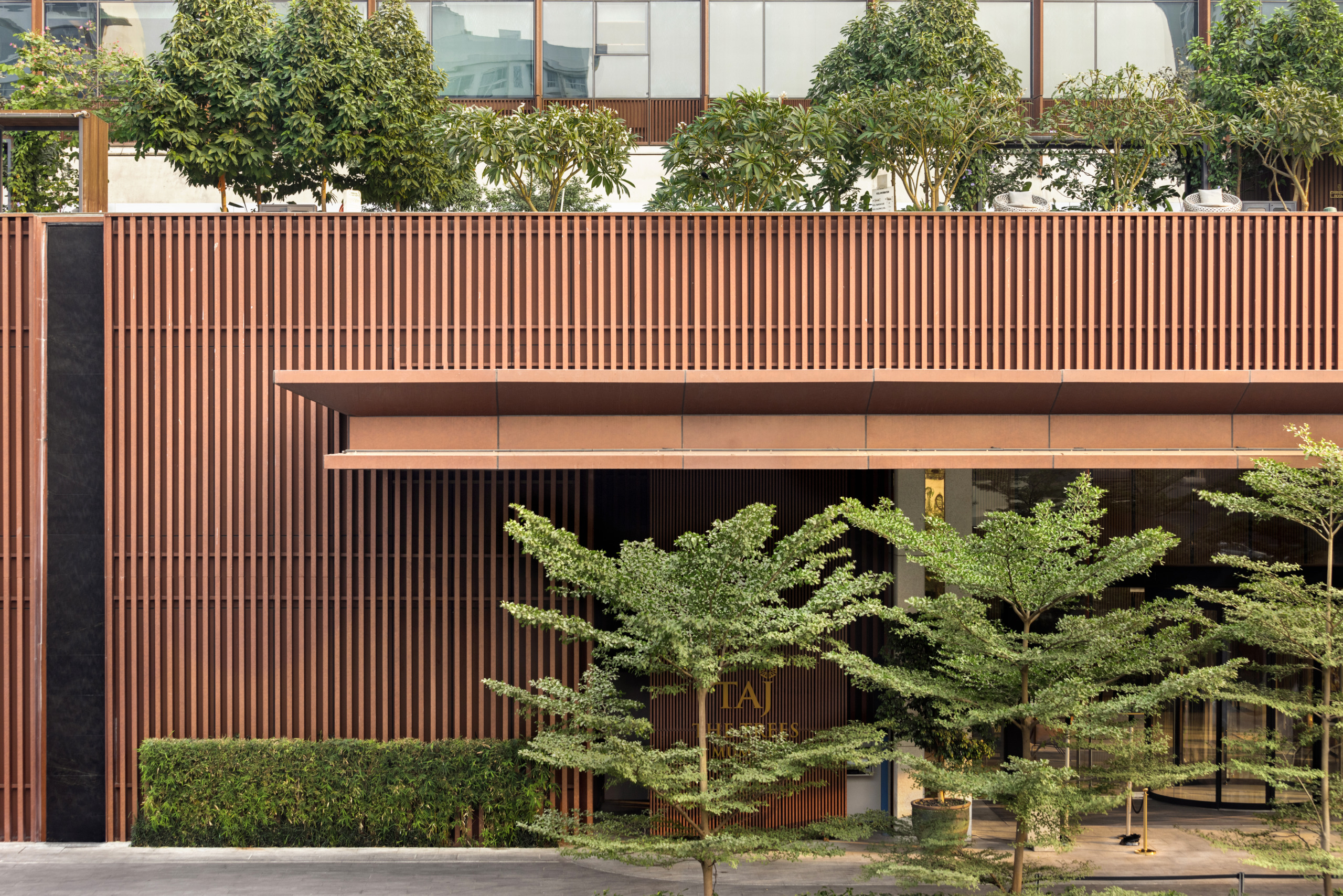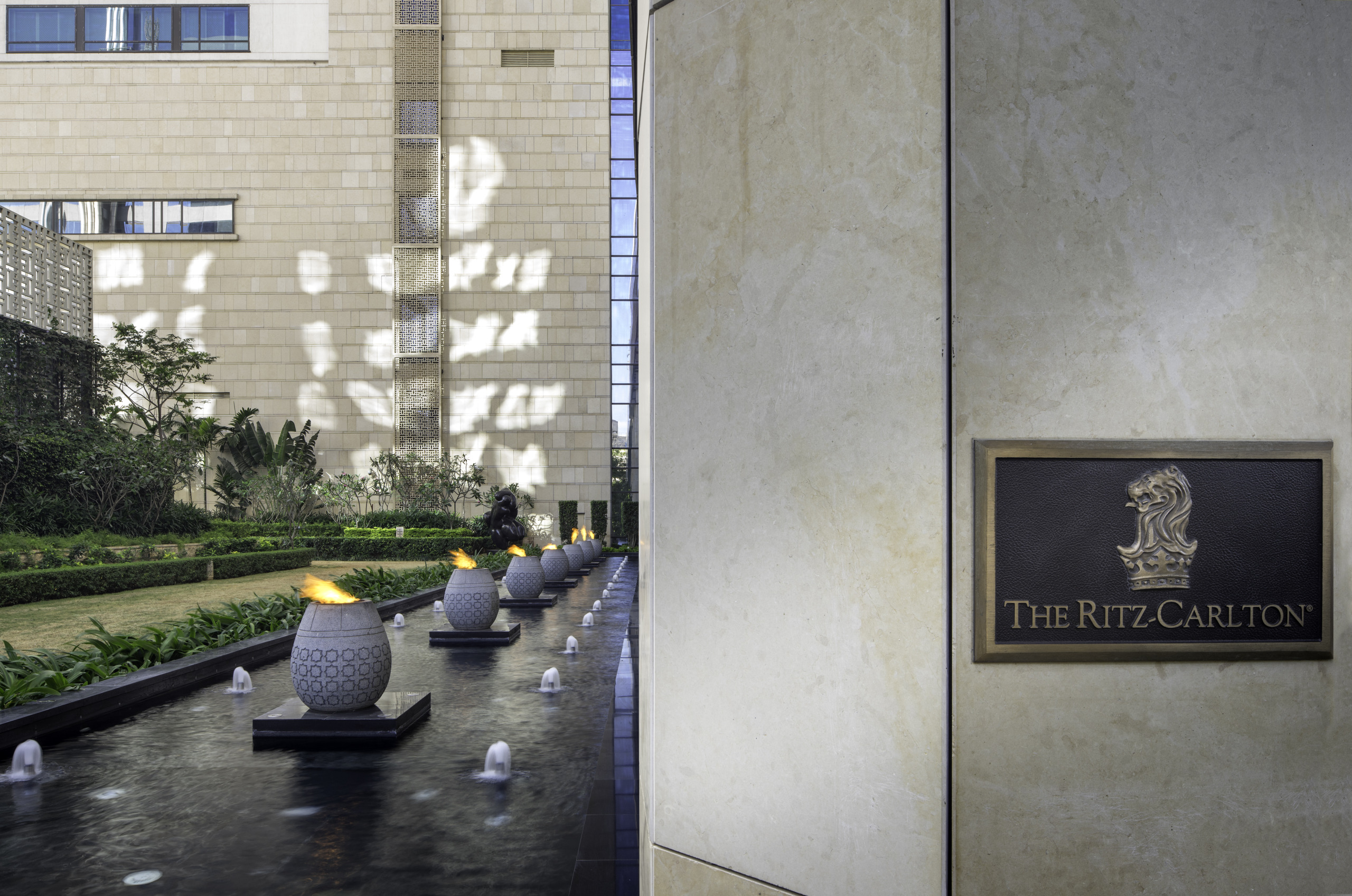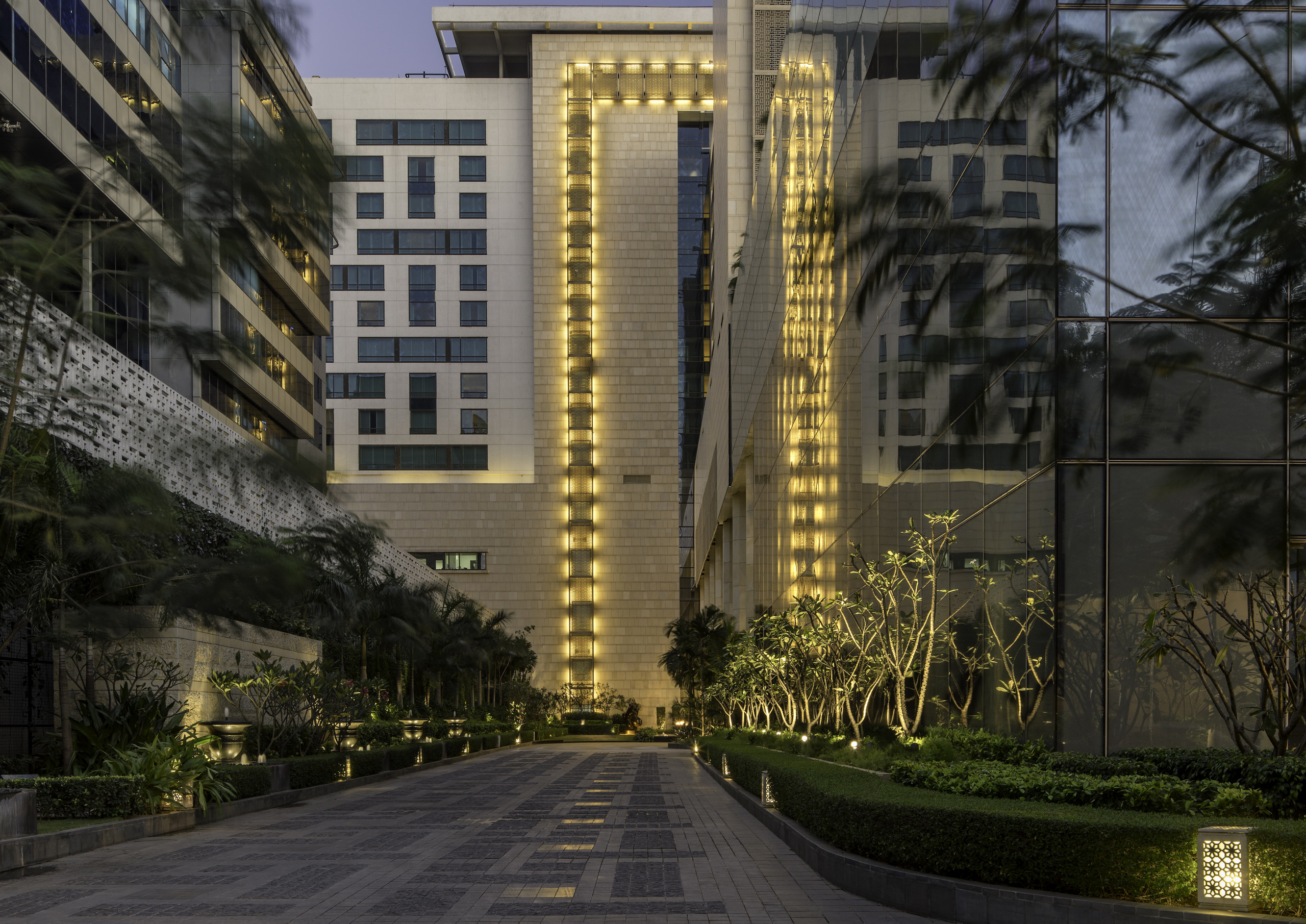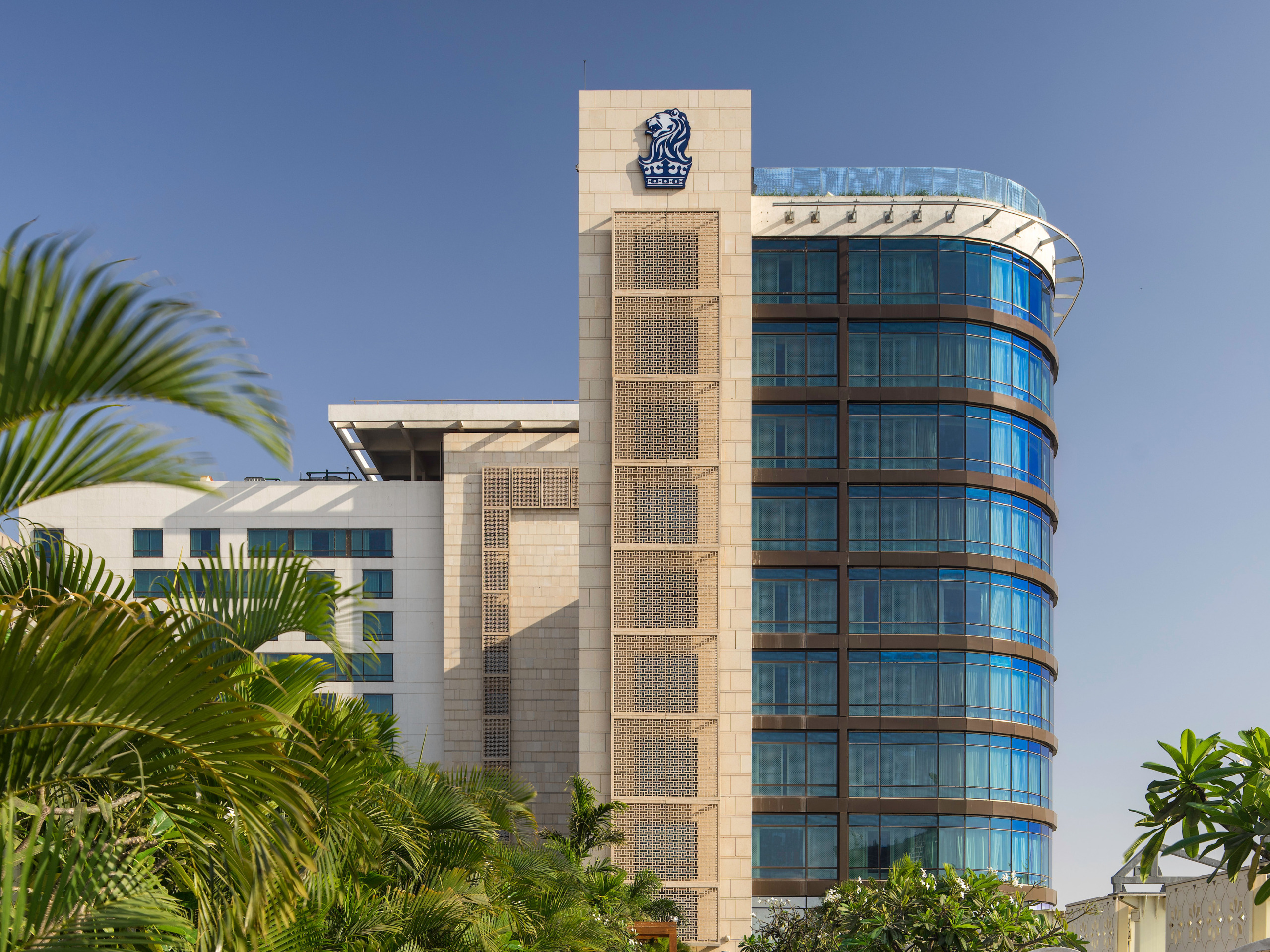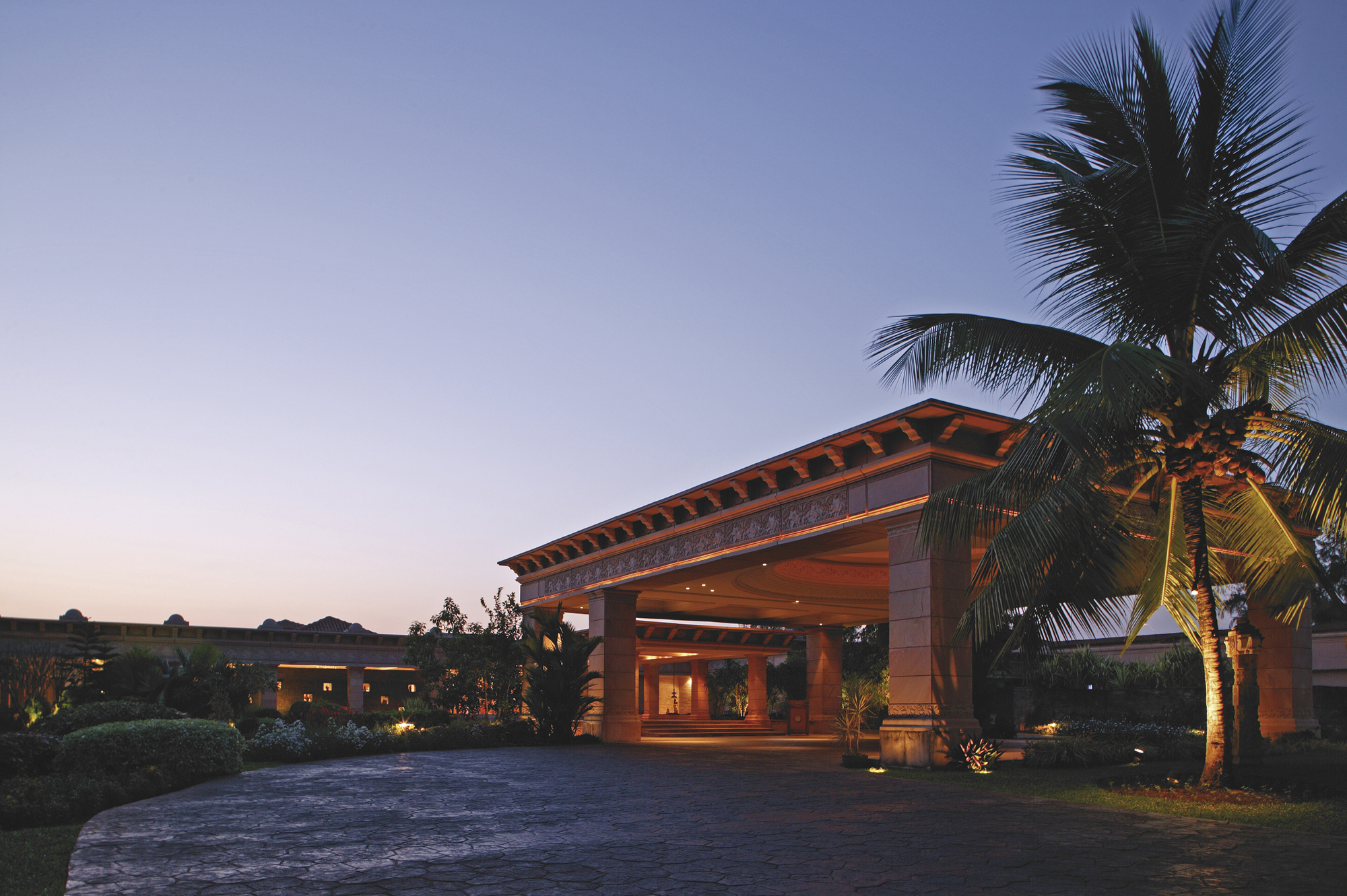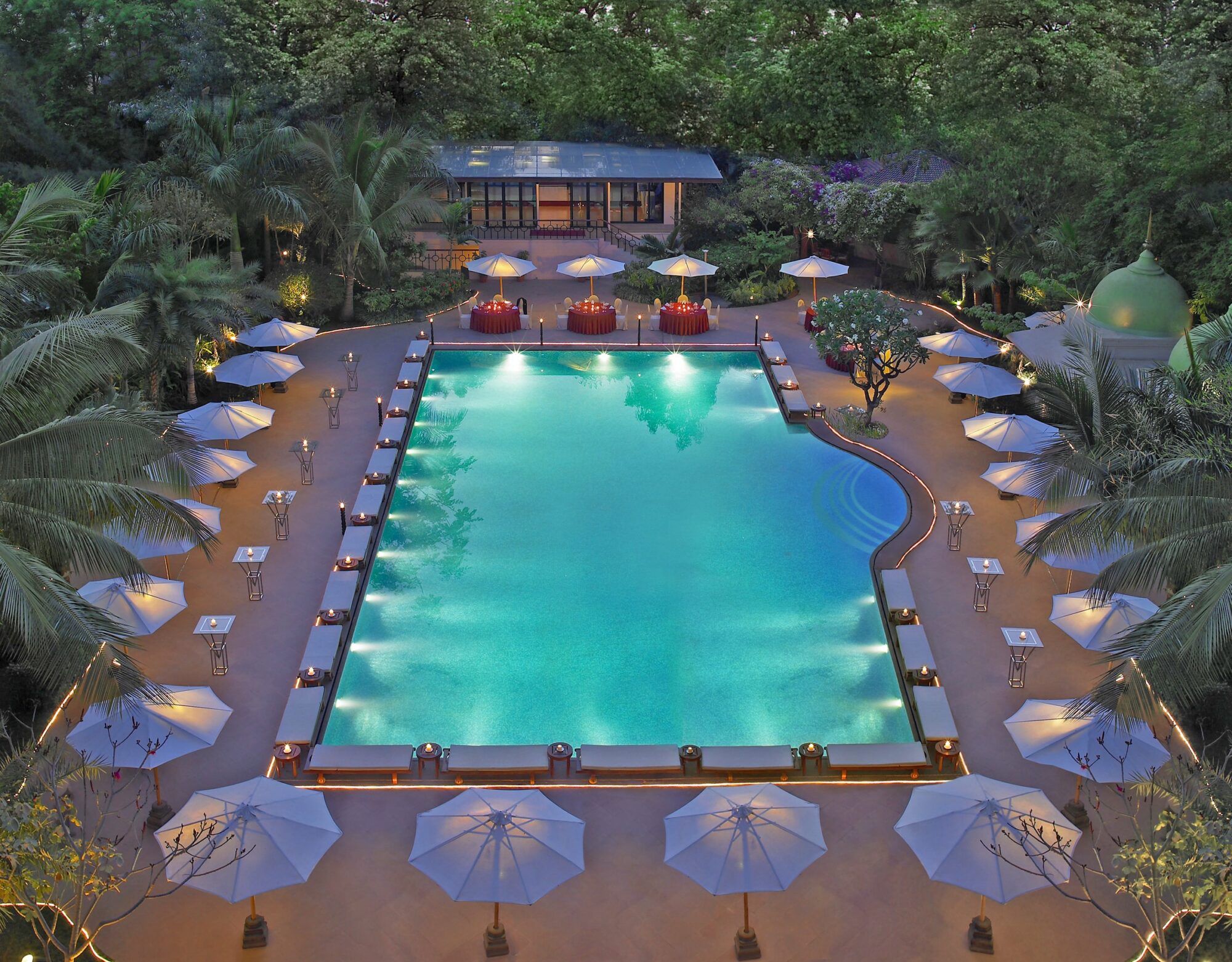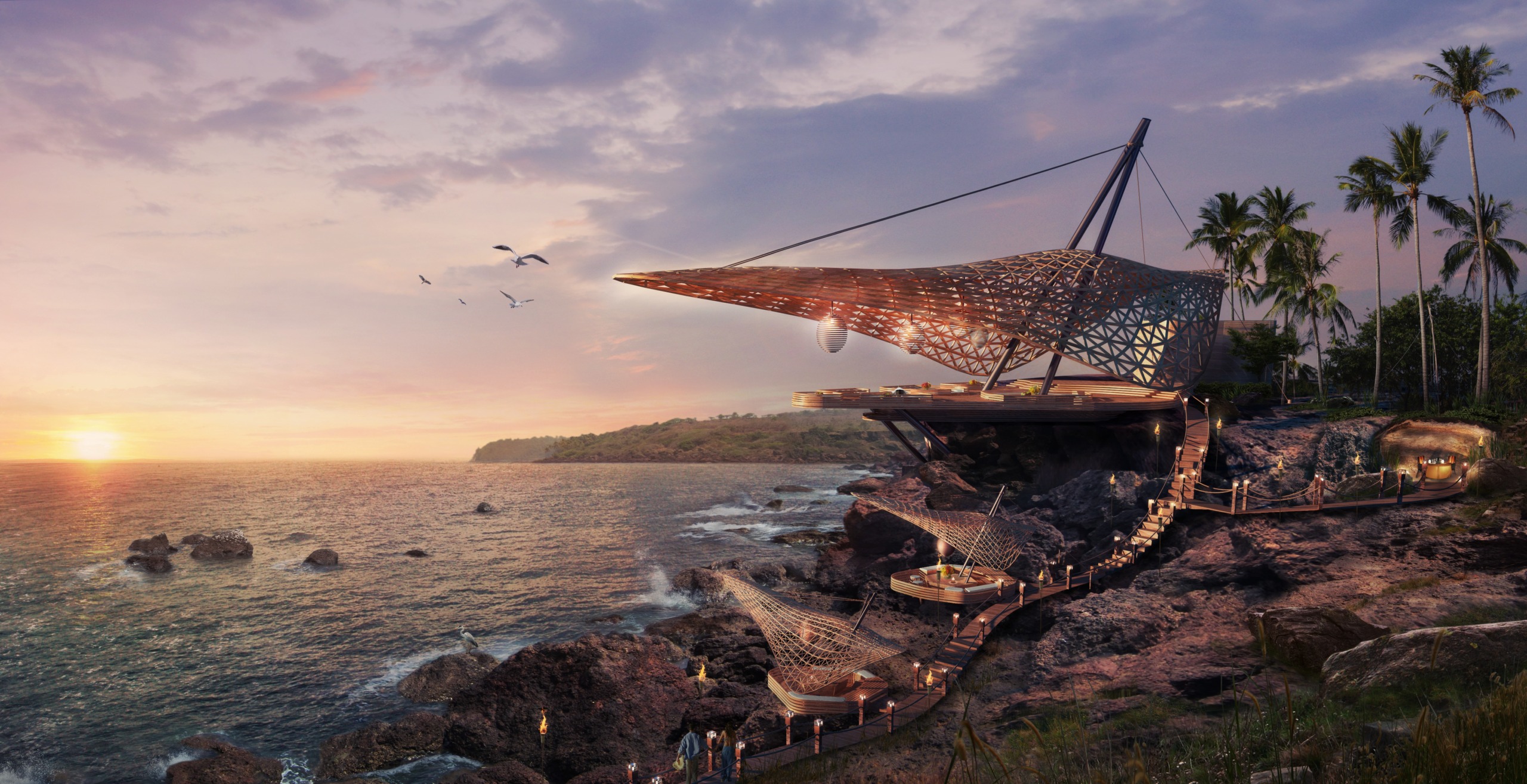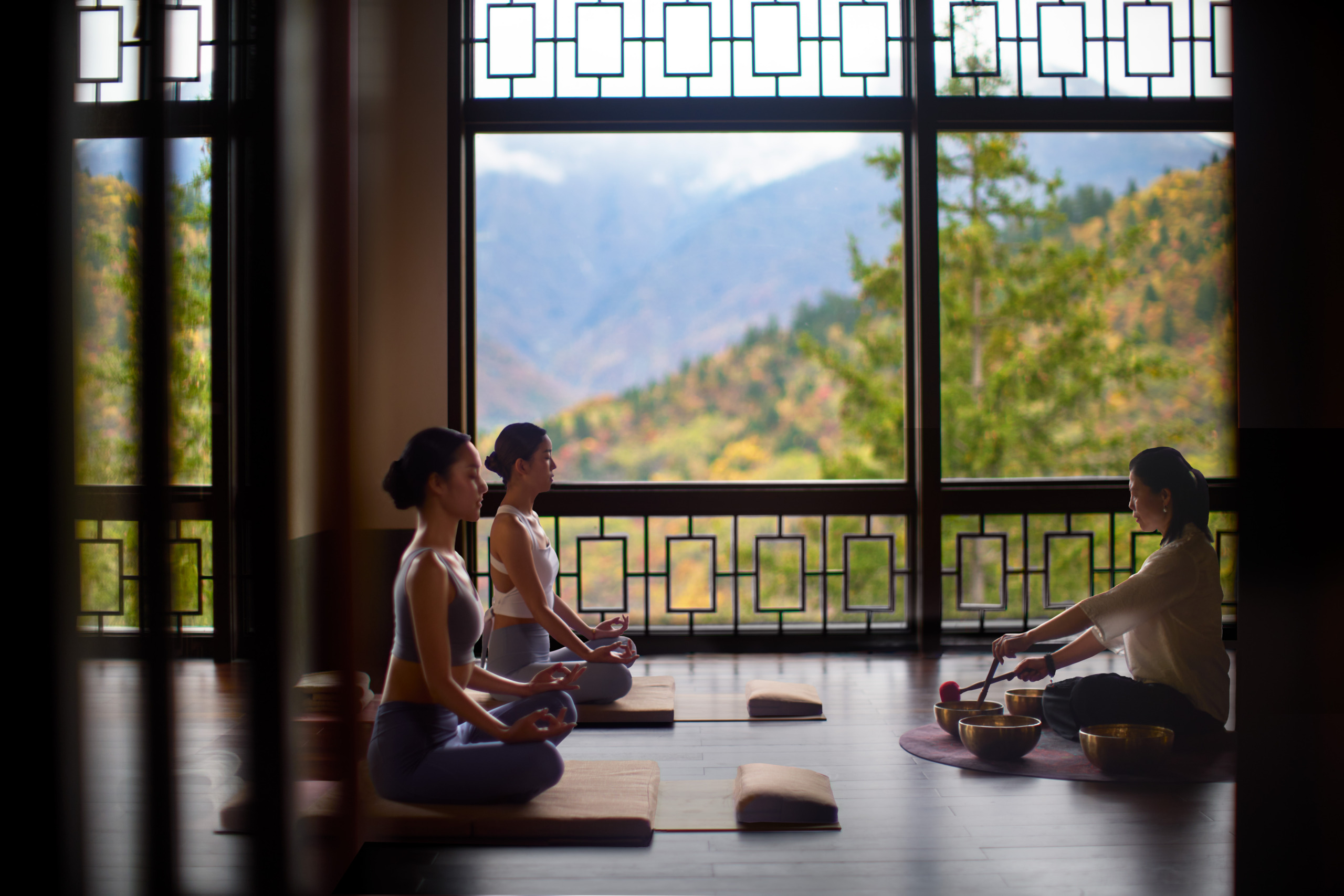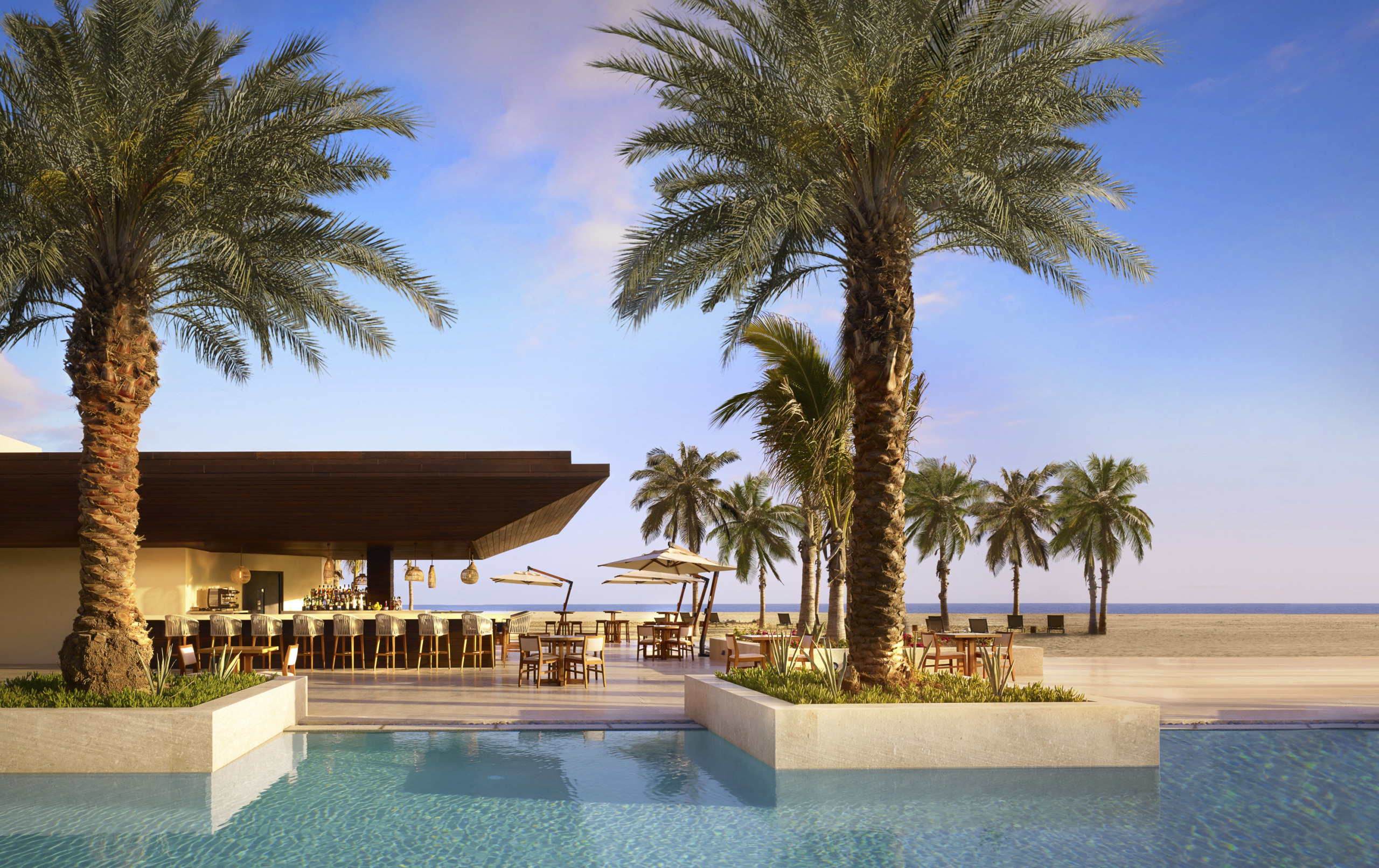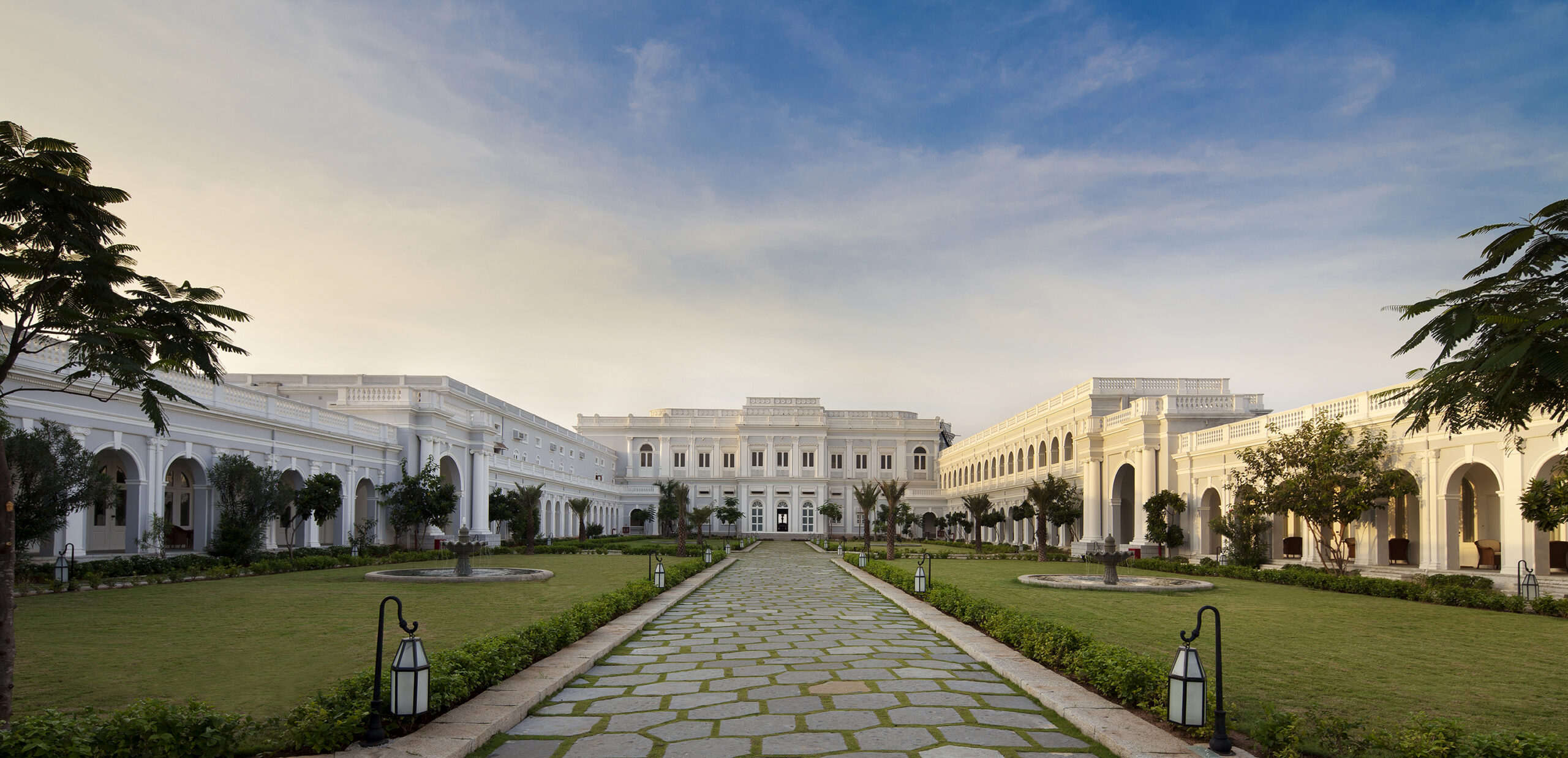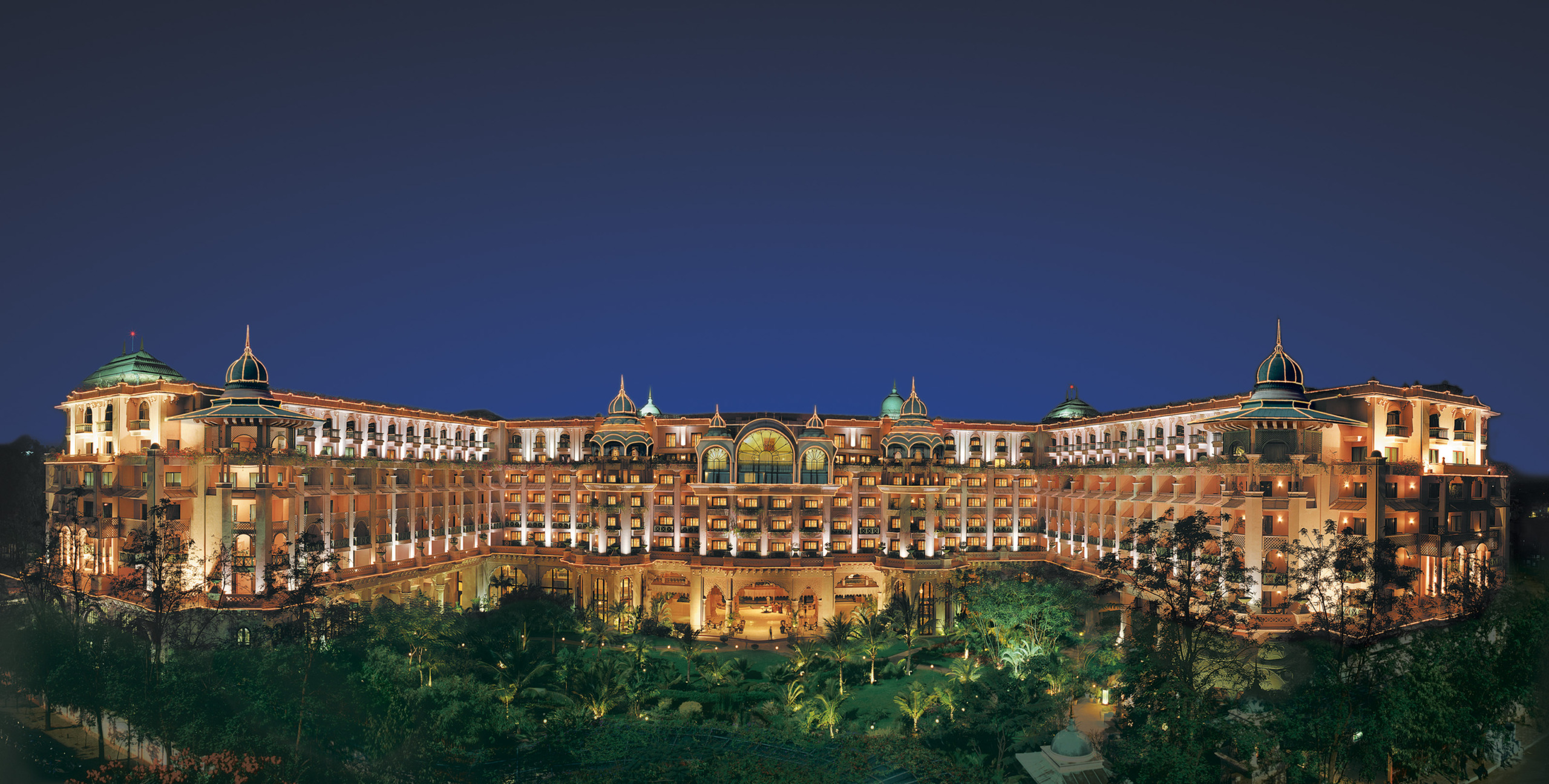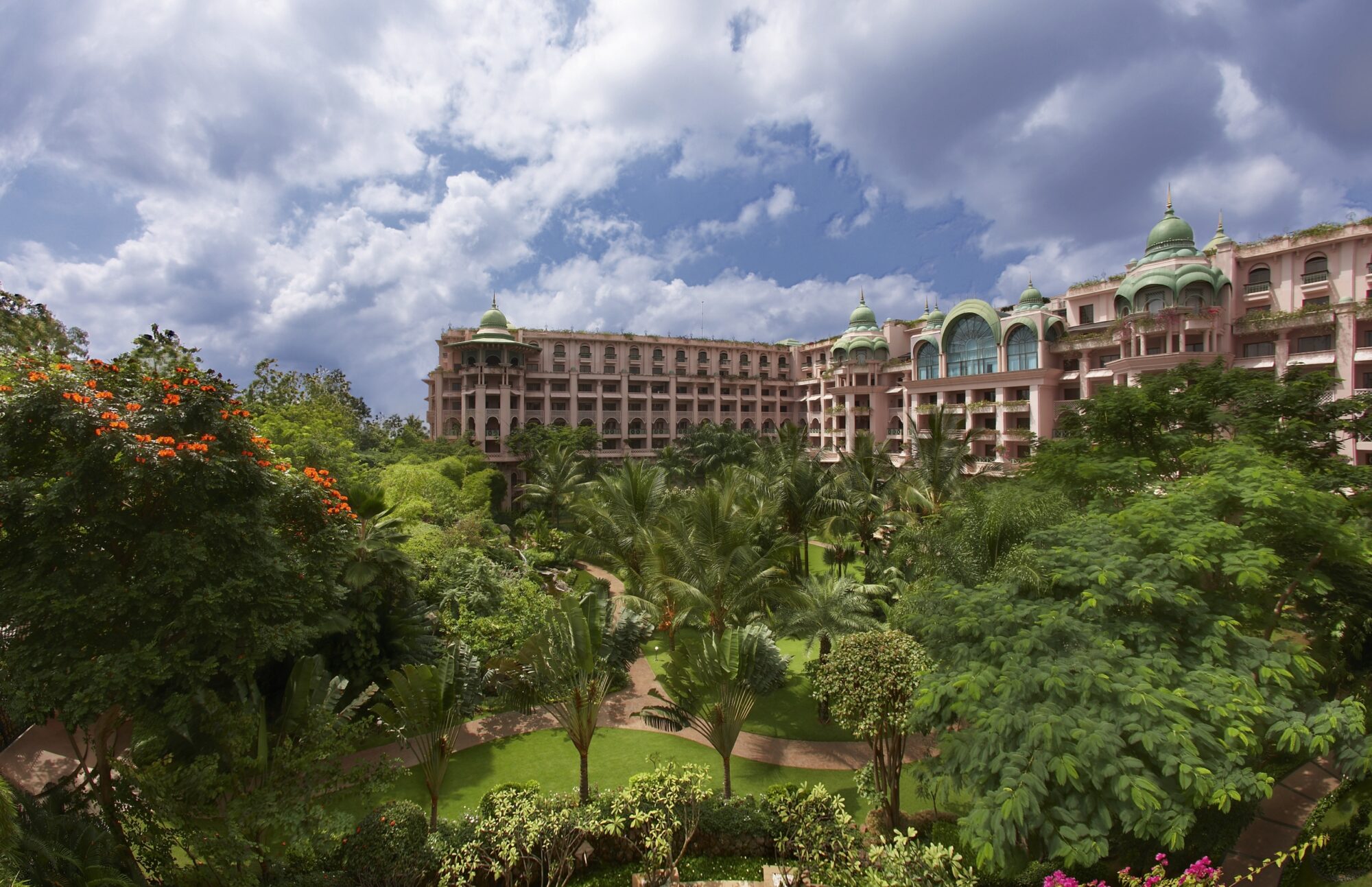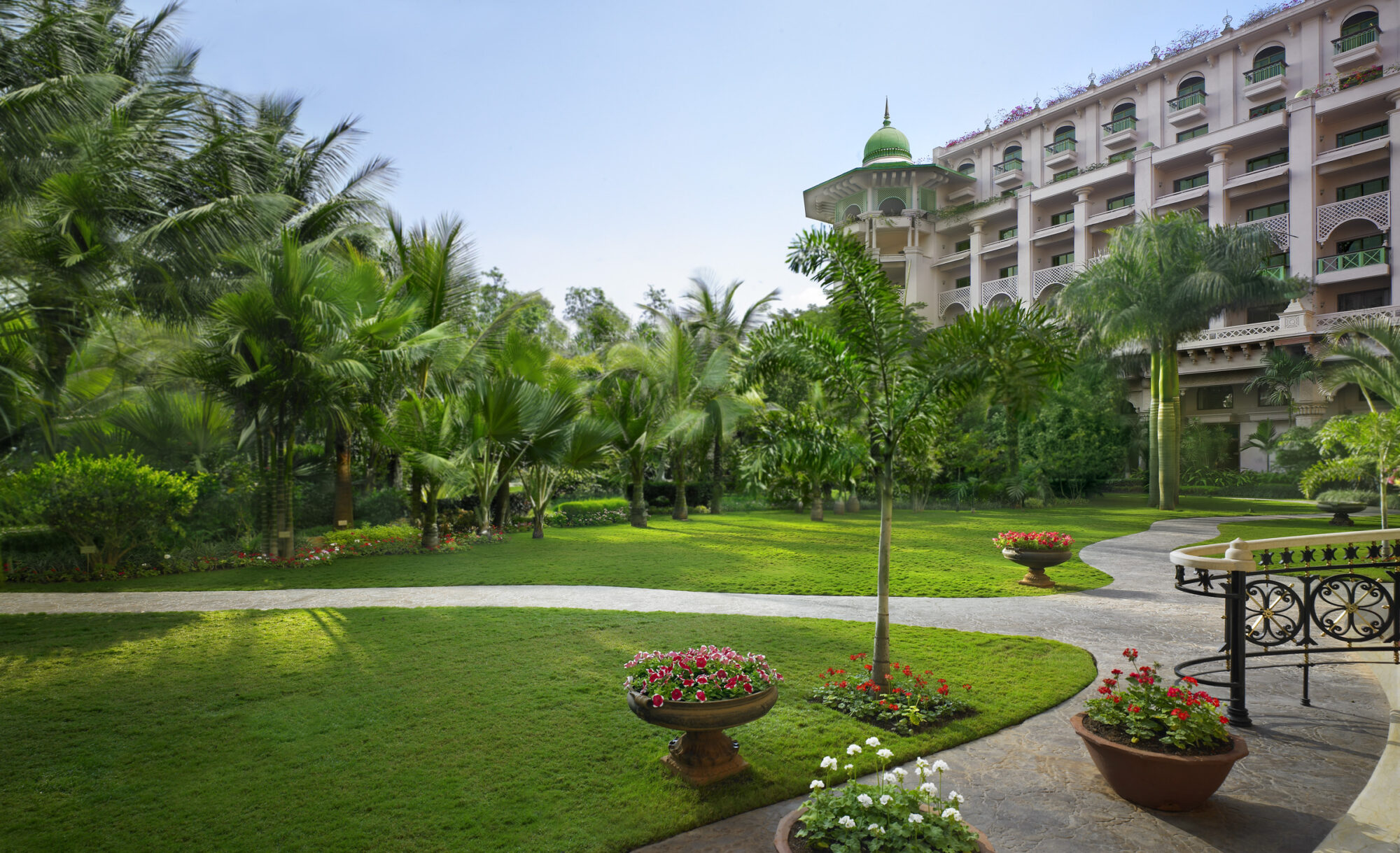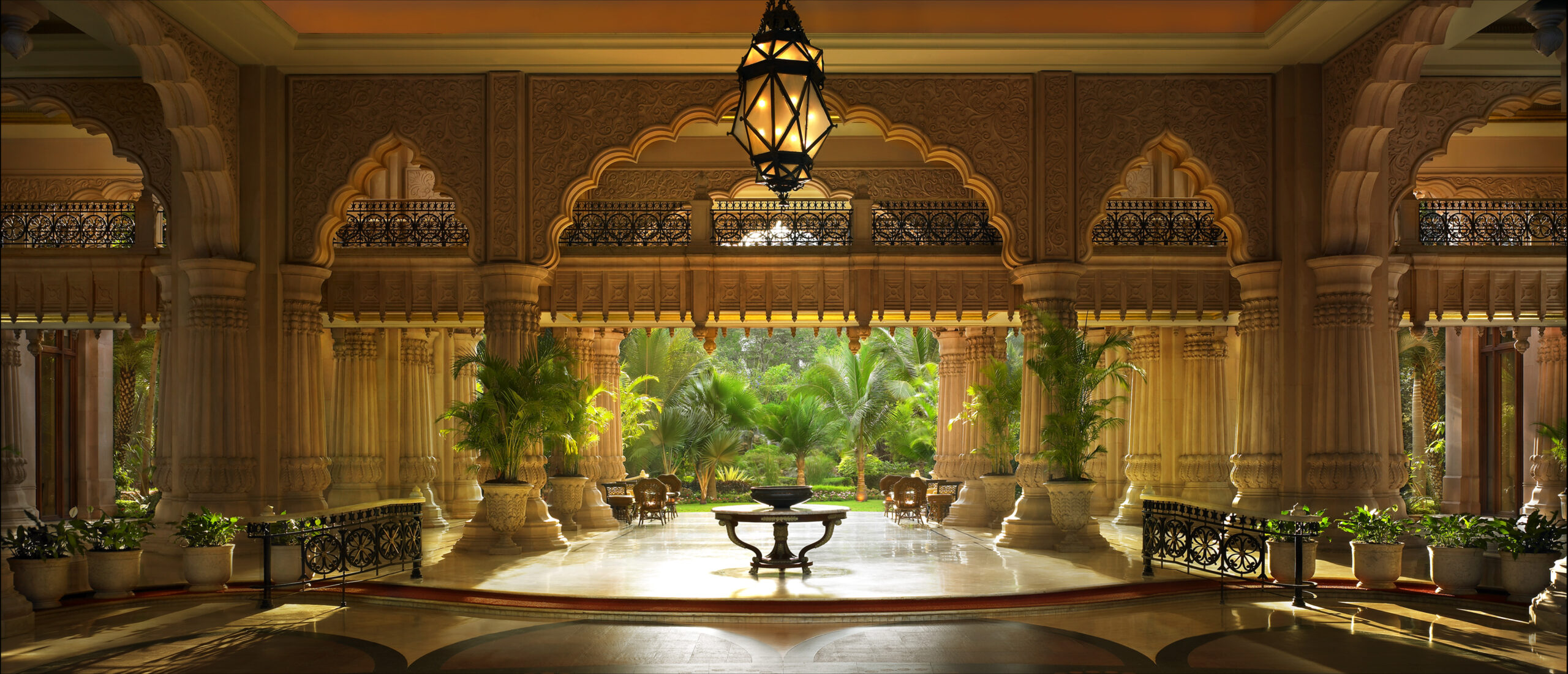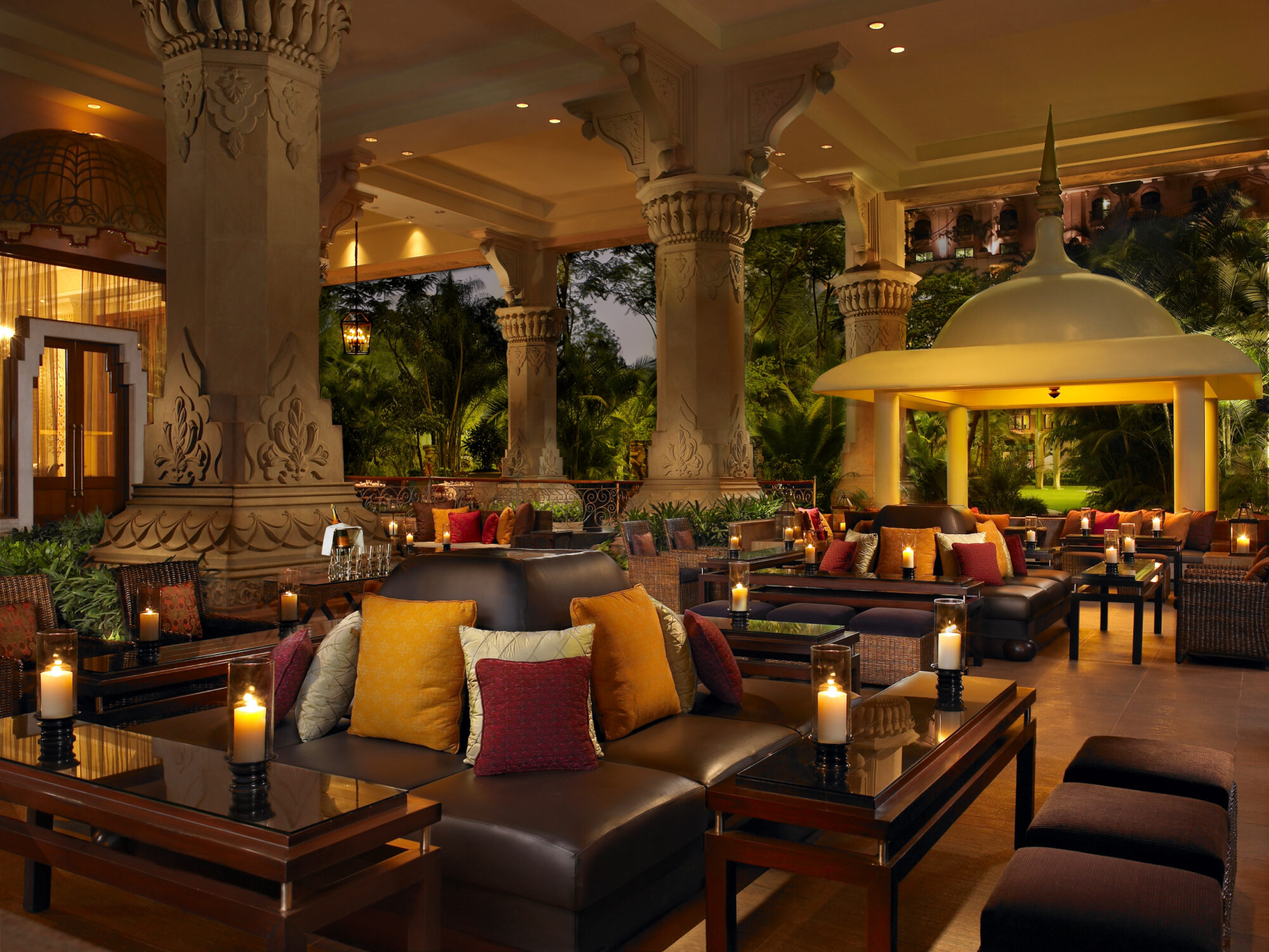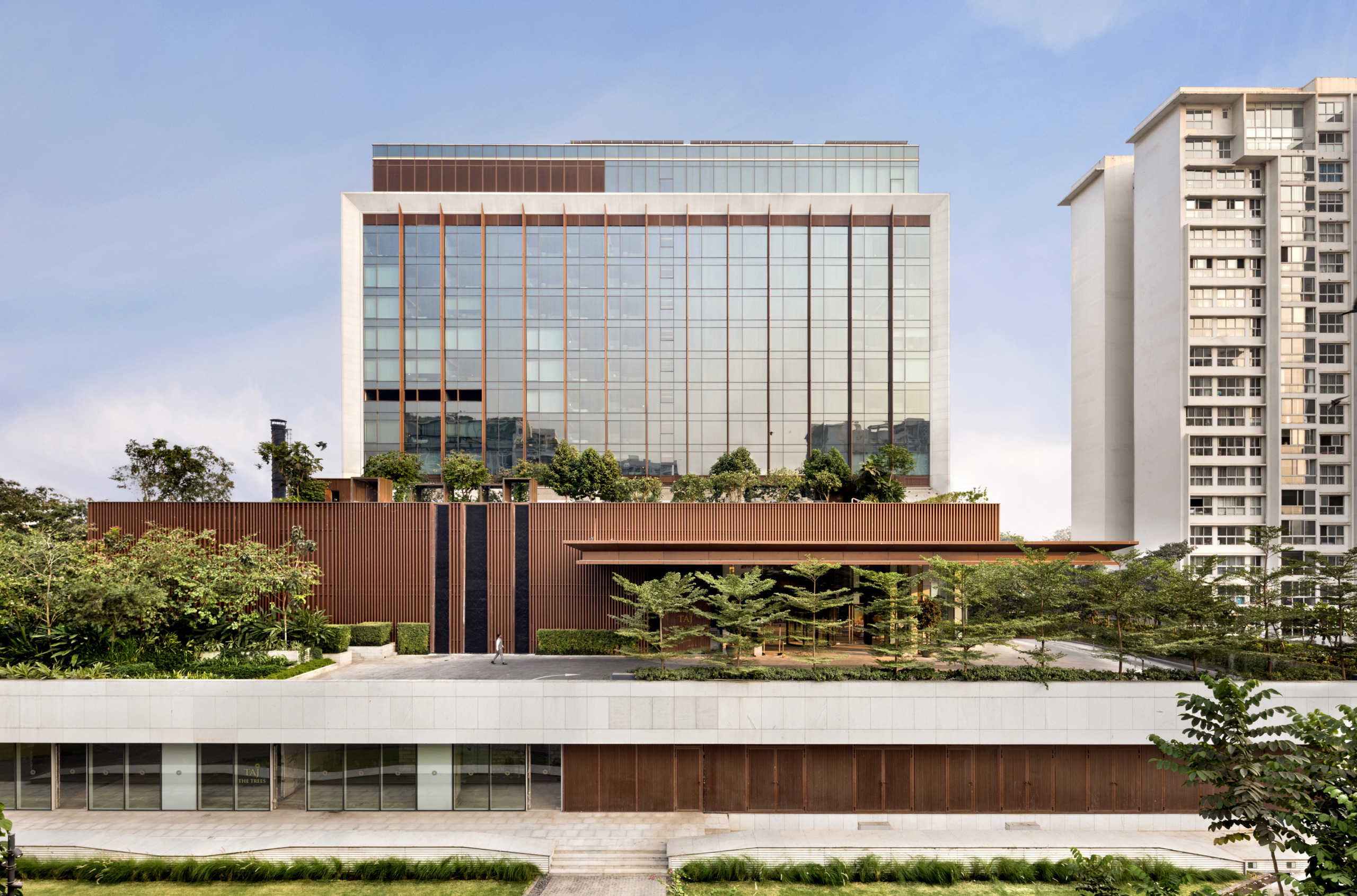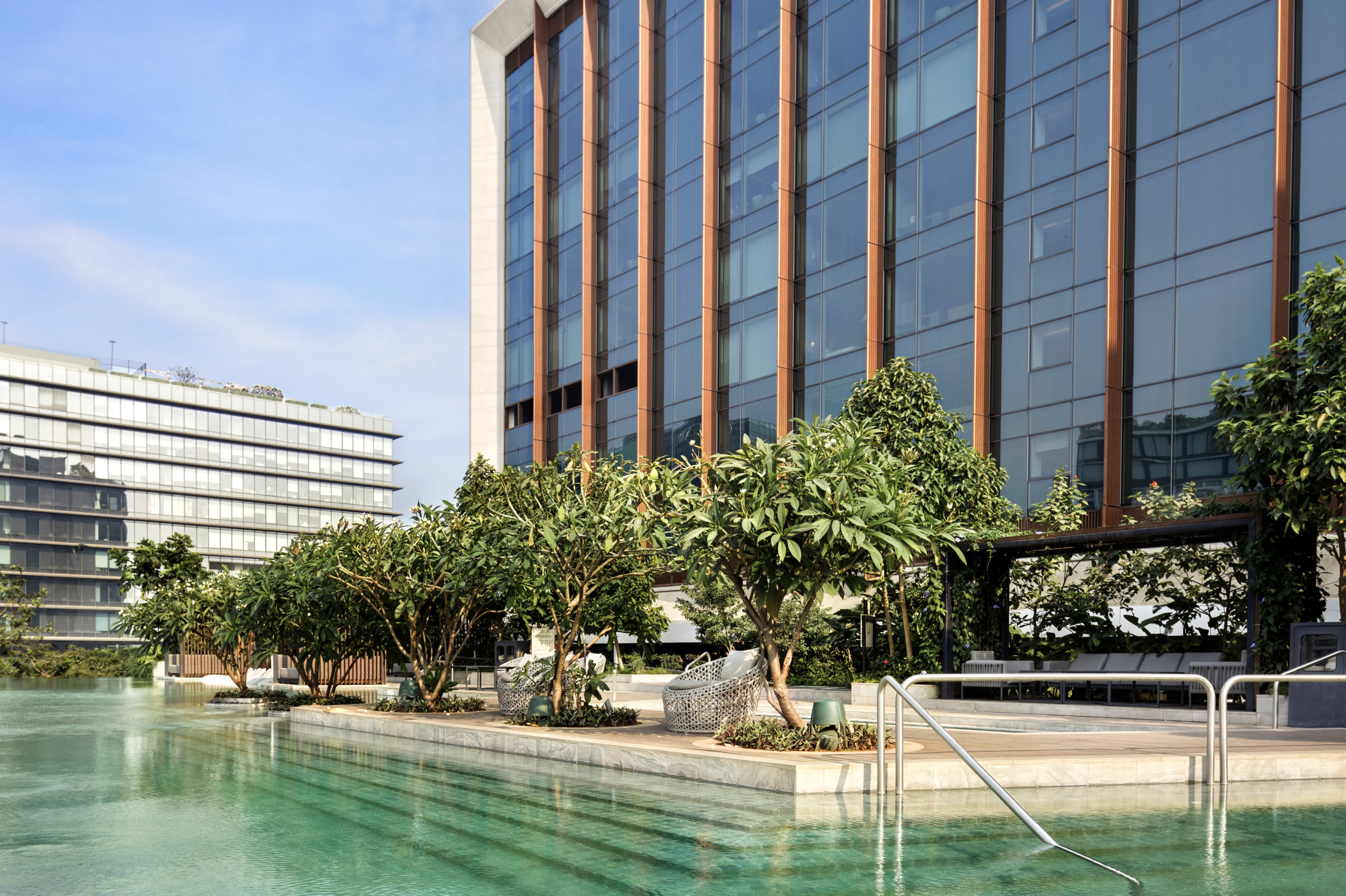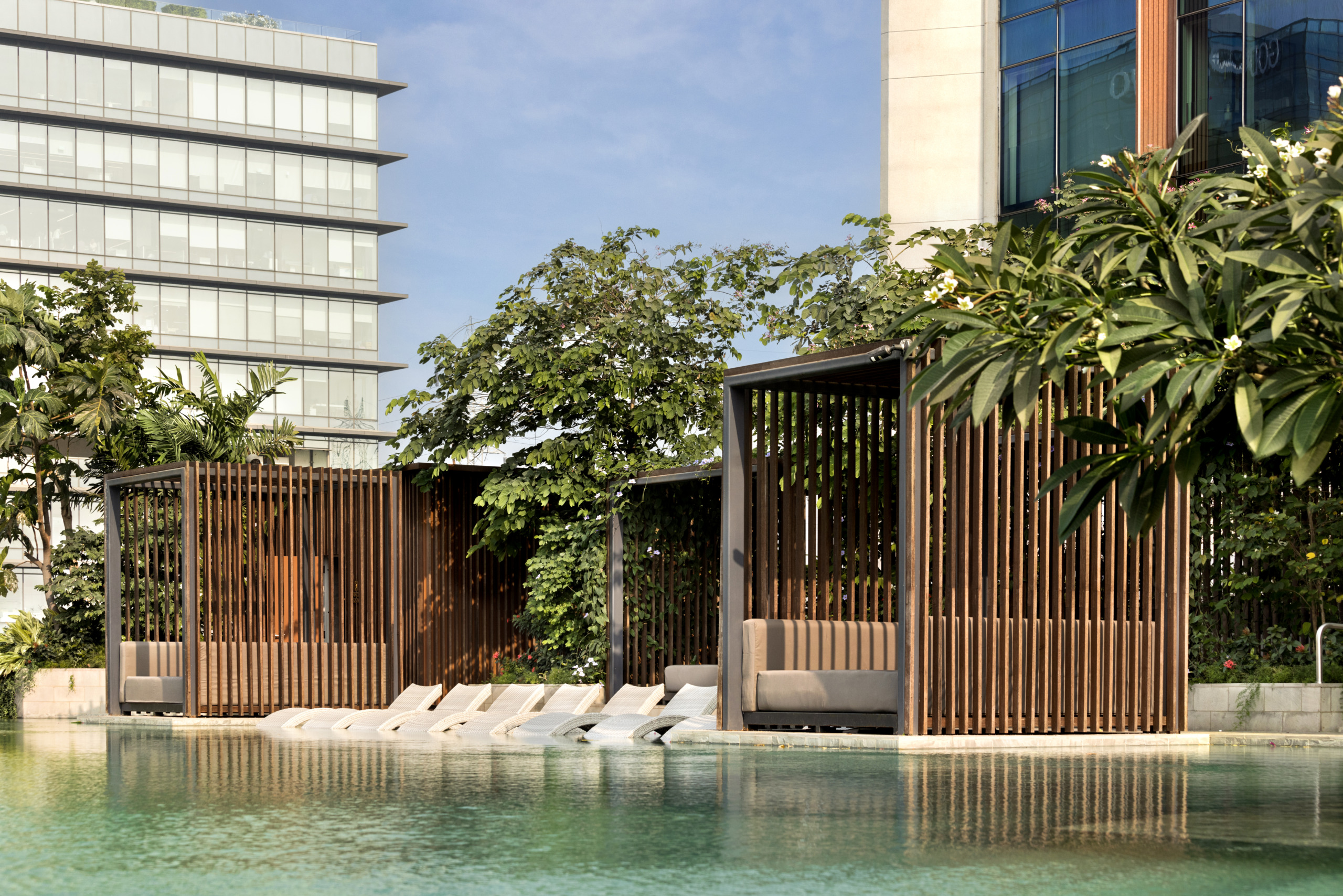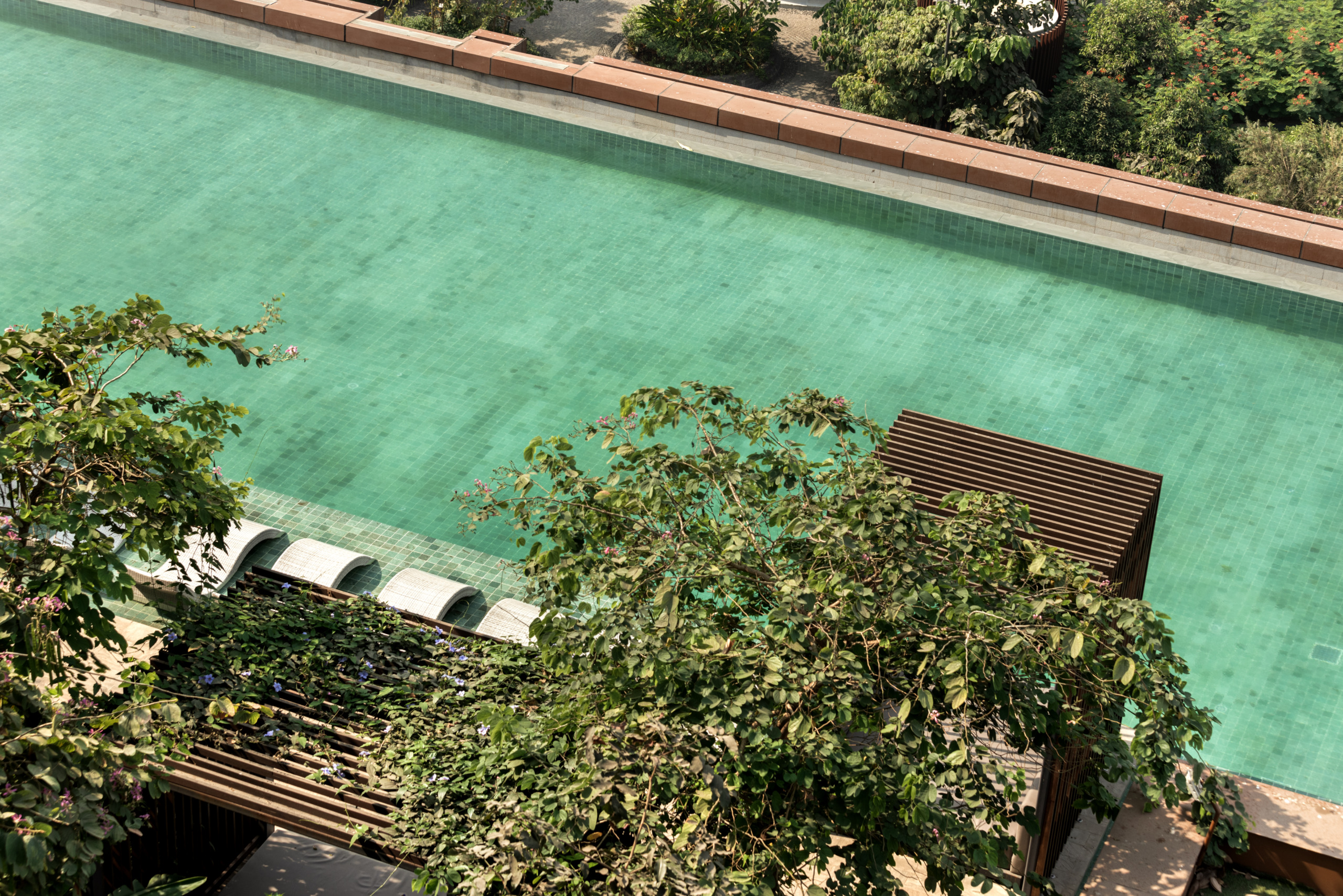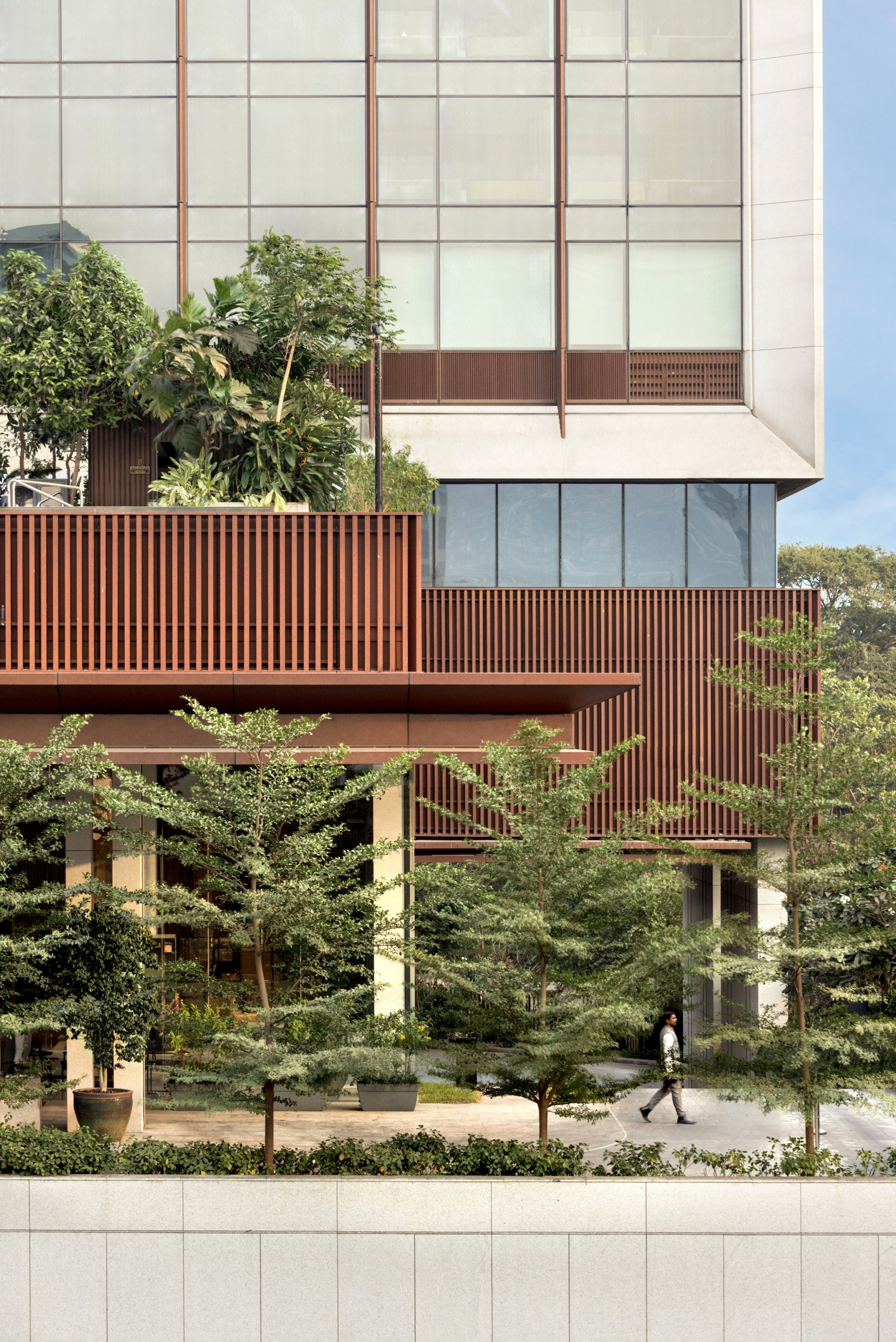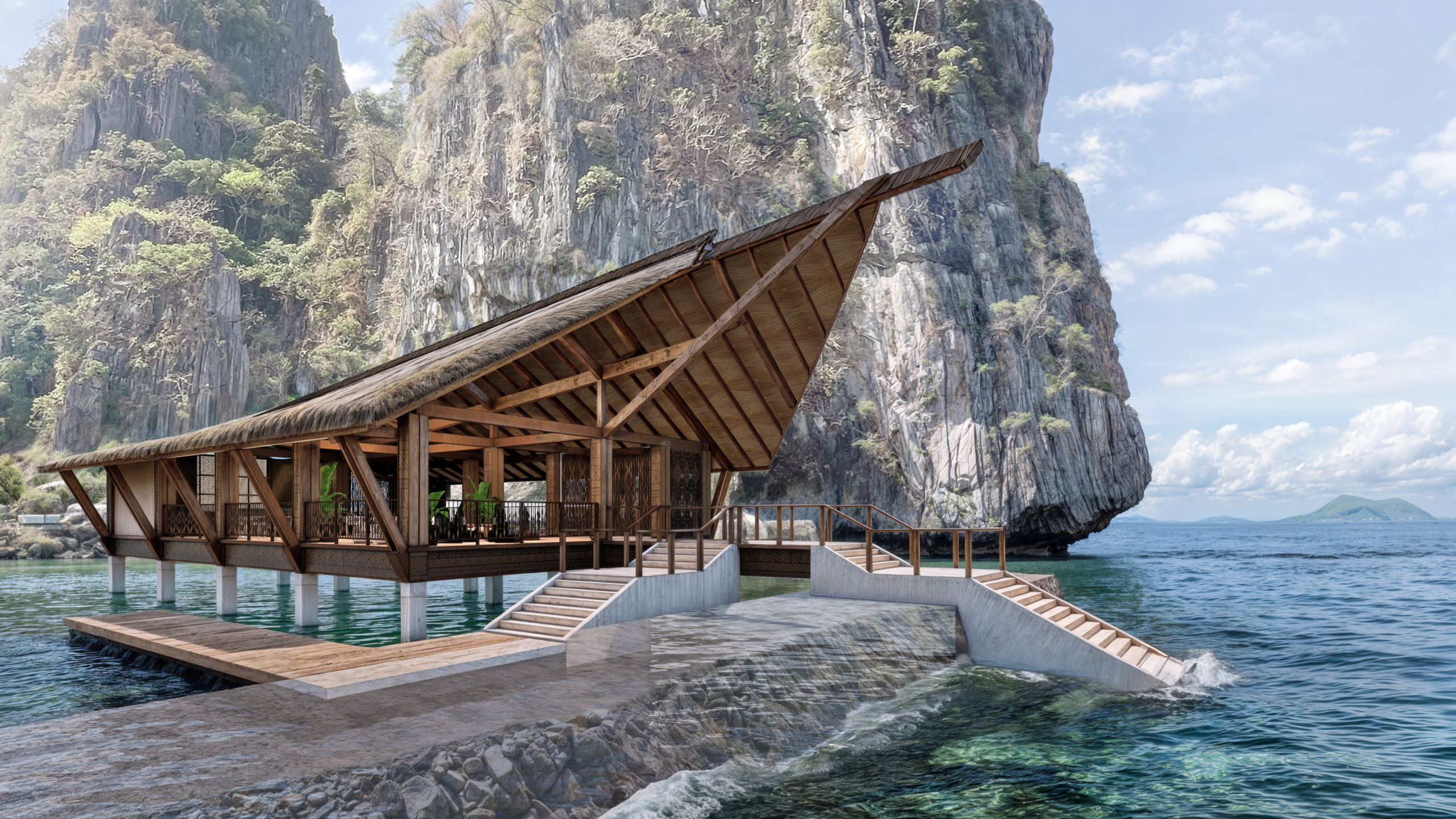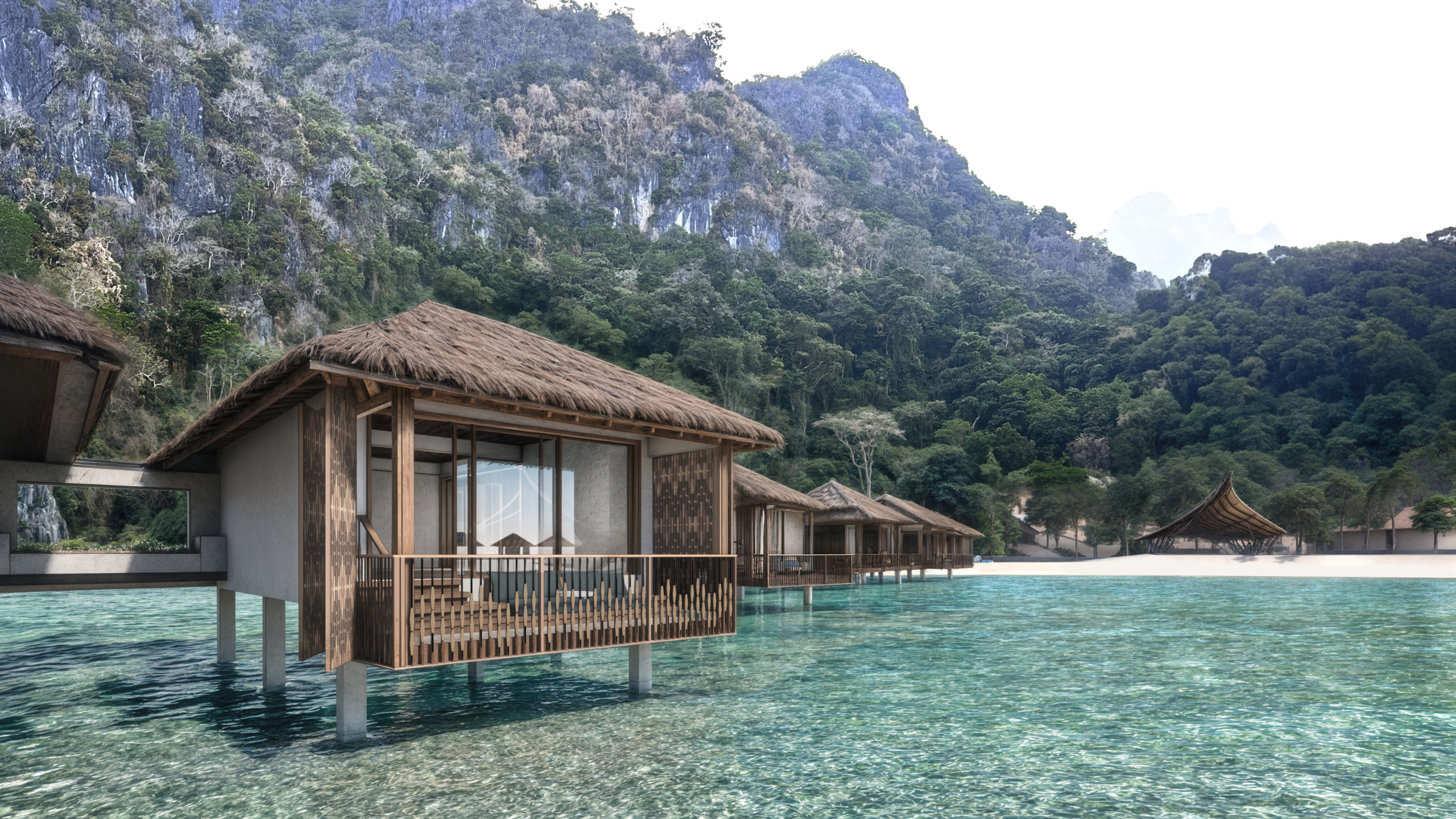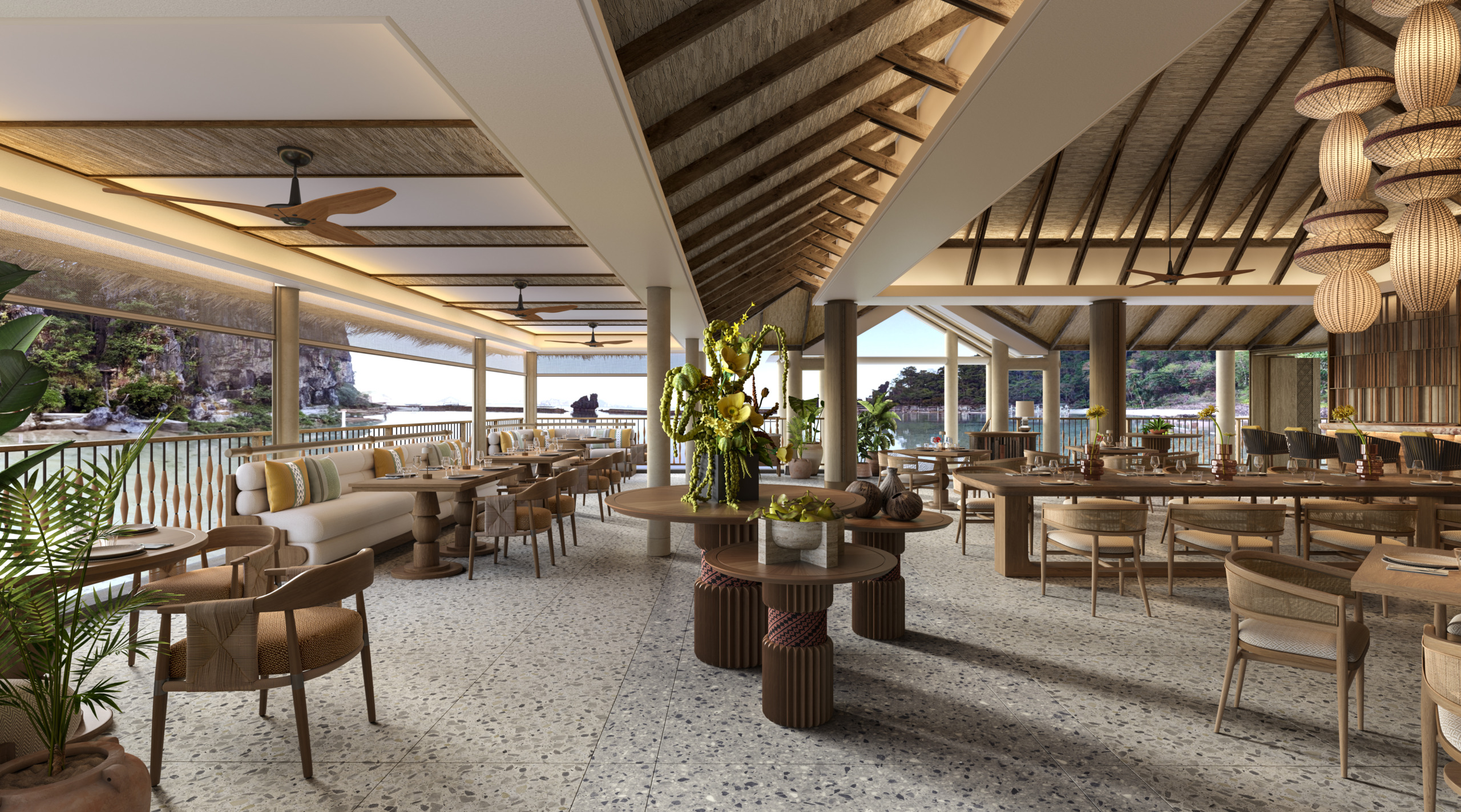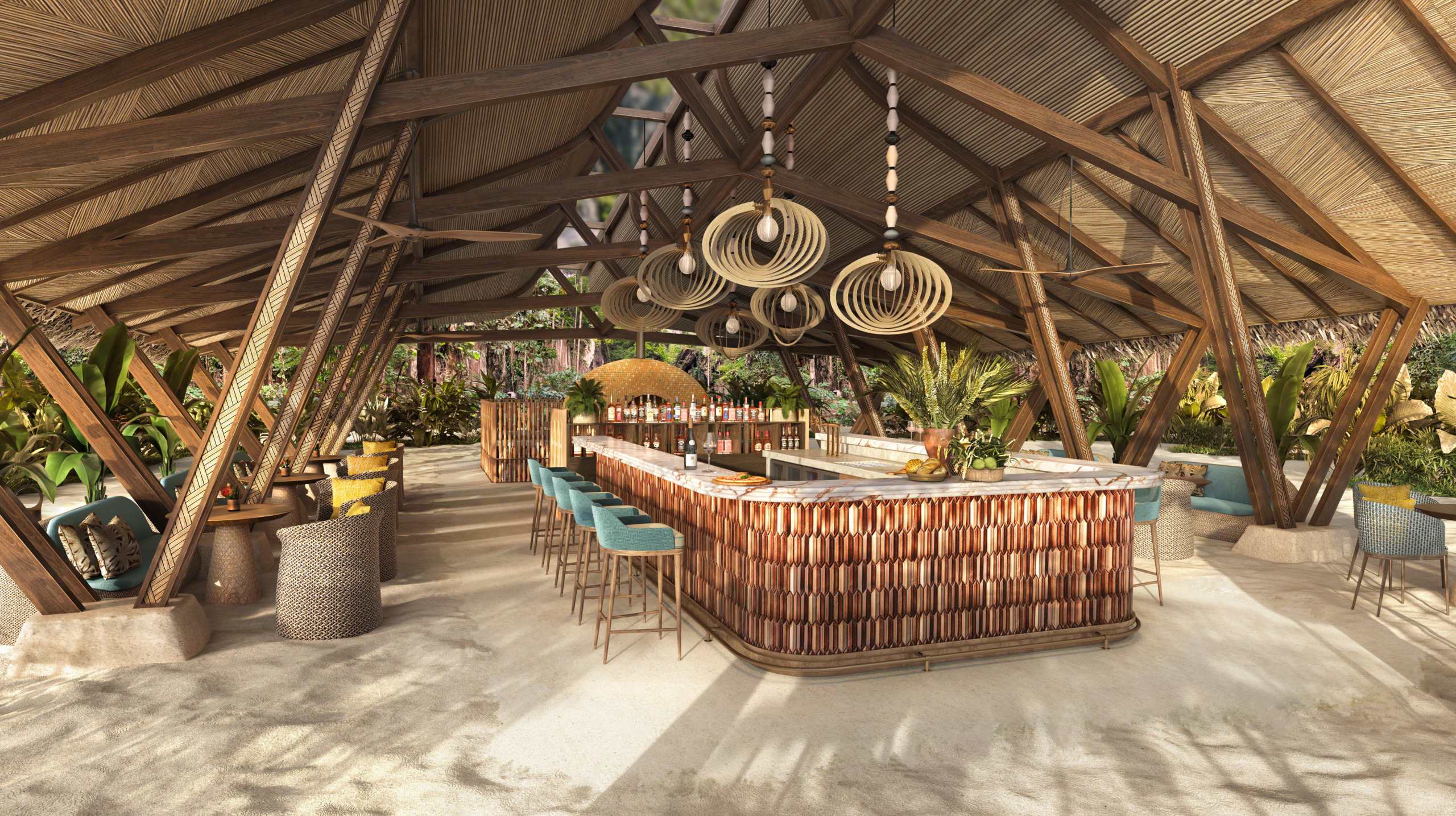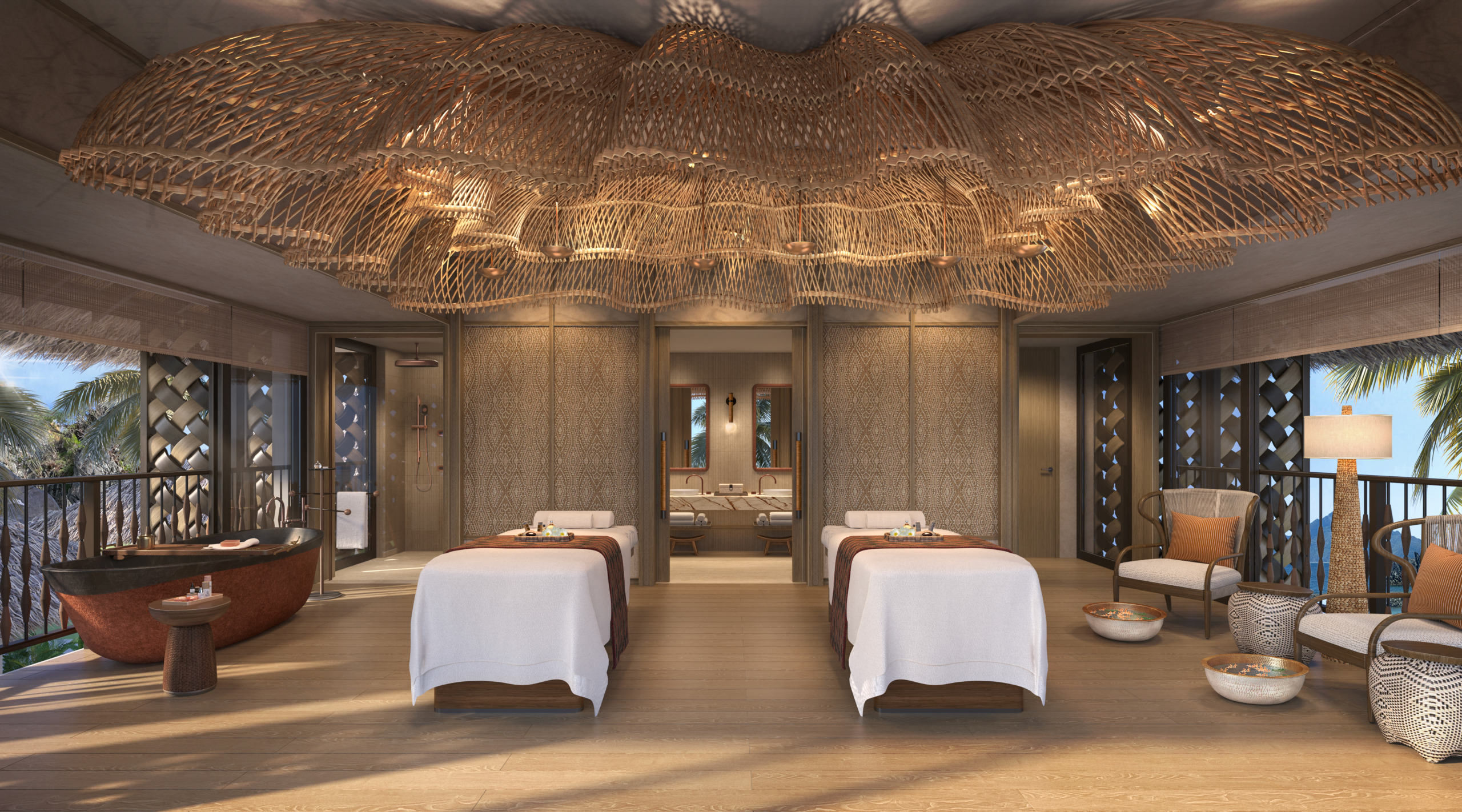Incredible Growth, Incredible India
Phase of Acceleration
India’s tourism and hospitality market has awakened with renewed vigor and boundless potential. Driven by strong domestic demand, increasing global interest and a burgeoning middle class, expectations are shifting towards luxury and experiential travel more than ever. The country is seen rapidly positioning itself as a leader in innovative hospitality offerings with the ambition to become a premier destination for both leisure and business tourism.
Boasting a rich and diverse cultural heritage, breathtaking natural landscapes, and expanding tourism infrastructure, India is reshaping the future of luxury tourism. Domestic tourism spending alone has reached approximately $177 billion, primarily driven by the middle class, and is expected to hit $194 billion in 2024, reflecting a robust growth trajectory.
With the middle class projected to comprise almost half of the population by 2031 and expand to two-thirds by 2047, India’s hospitality sector is poised for its next phase of accelerated expansion.
An Era of Transformative Guest Experiences
As the largest service industry in India, the post-pandemic rebound in travel and tourism has ignited demand for spiritual and wellness retreats, cultural and heritage stays, adventure and eco-tourism, reflecting the modern traveler’s updated preferences.
Luxury hotel brands—both global and homegrown—are responding with expansion strategies, racing to establish a foothold in a market where demand far outpaces supply. With heightened competition and evolving consumer expectations, India’s hospitality landscape is on the brink of an era defined by transformative guest experiences.
For the past 80 years, WATG has boldly pioneered uncharted tourism markets, creating resorts that honor the essence of tradition, culture, heritage, and local communities.
In Asia Pacific, we were among the first to step foot in China in the late 70s, long before the country opened up, and in Bali in the early 90s where we continue our work till this day with the latest Regent Bali Canggu – a contemporary brand known for their discreet luxury.
With three decades of India market expertise honed by passion and insight, we are now turning our focus to key tourism typologies that will define India’s future:
Spiritual & Wellness Tourism
Wellness tourism, expected to reach a valuation of $1.4 trillion in 2027, is evolving beyond physical health to encompass holistic experiences that nurture and balance the body, mind, and soul, giving rise to spiritual tourism. Travelers are seeking destinations that offer not only relaxation and rejuvenation but also opportunities for inner growth, mindfulness, and spiritual awakening. From religious retreats in sacred sites to immersive experiences in meditation, yoga, and ancient healing practices, this trend reflects a desire to reconnect with oneself and find deeper meaning by traveling.
The Ritz-Carlton Reserve brand is synonymous with exceptional luxury in the most extraordinary locations. Set within a 72,000-hectare reserve and a UNESCO World Heritage Site, Rissai Valley, a Ritz-Carlton Reserve, in Jiuzhaigou, China, is a sanctuary of spiritual renewal and deep introspection. Designed to connect guests with oneself and with nature, the resort’s 87 luxury villas are nestled along the edge of the Tibetan Plateau, surrounded by snowcapped peaks, ancient woodlands, and sacred villages—a landscape long revered for its mystical energy.
“Designing to support spirituality means thinking beyond the built form to consider orchestrating moments of magic through consideration of natural light, mesmerizing views, and incorporating site-specific symbolism to create sensorial experiences that support feeling at peace.”
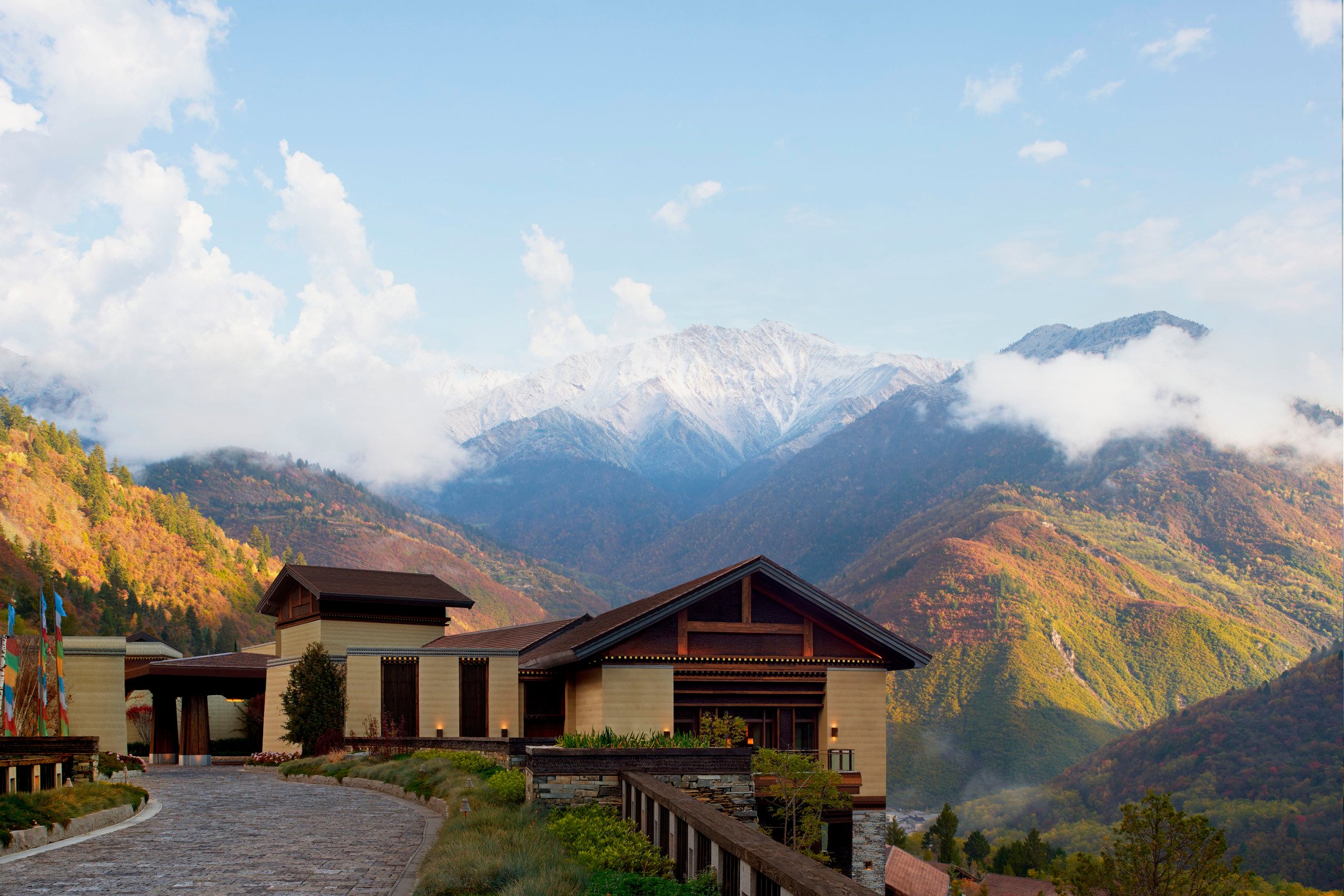
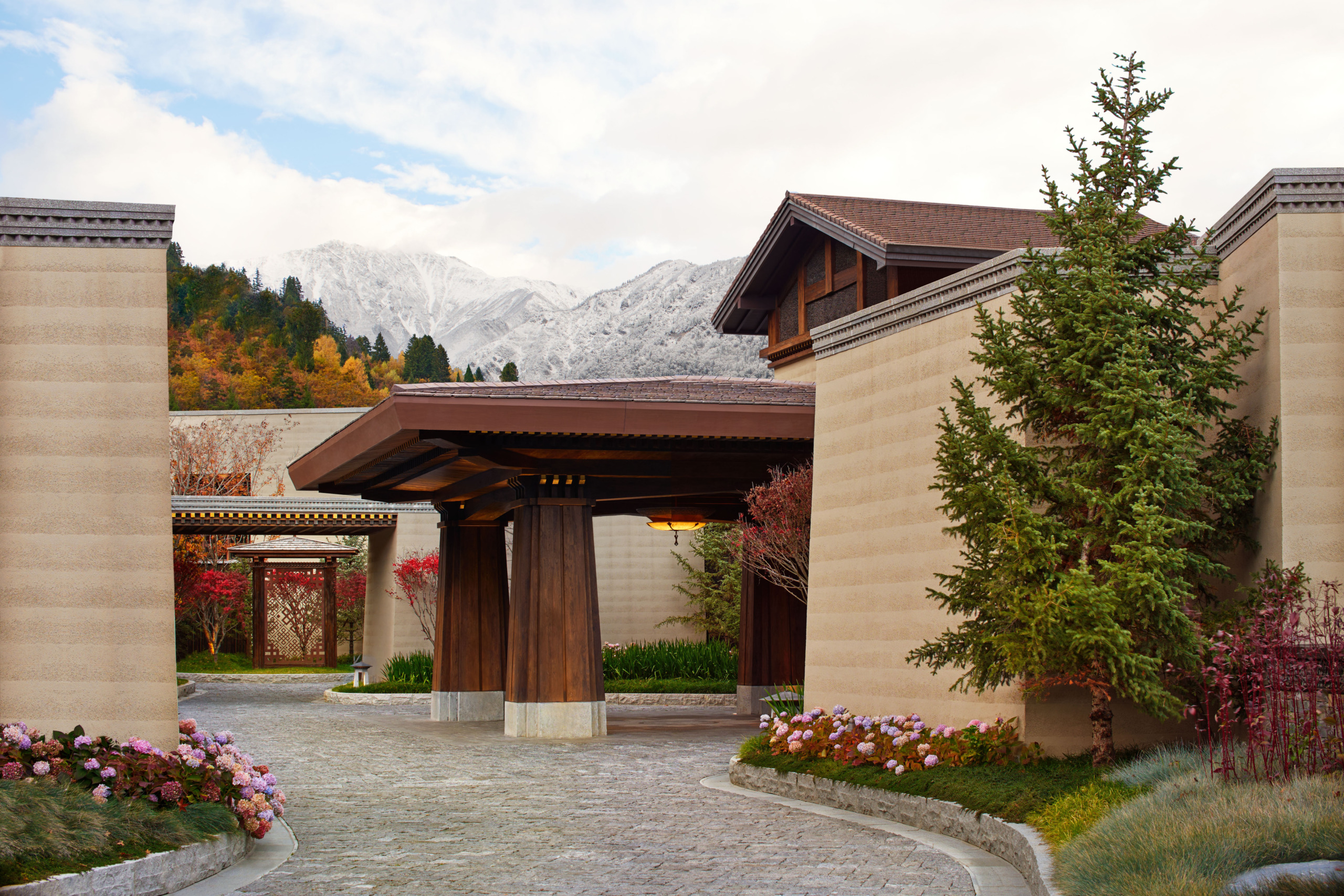
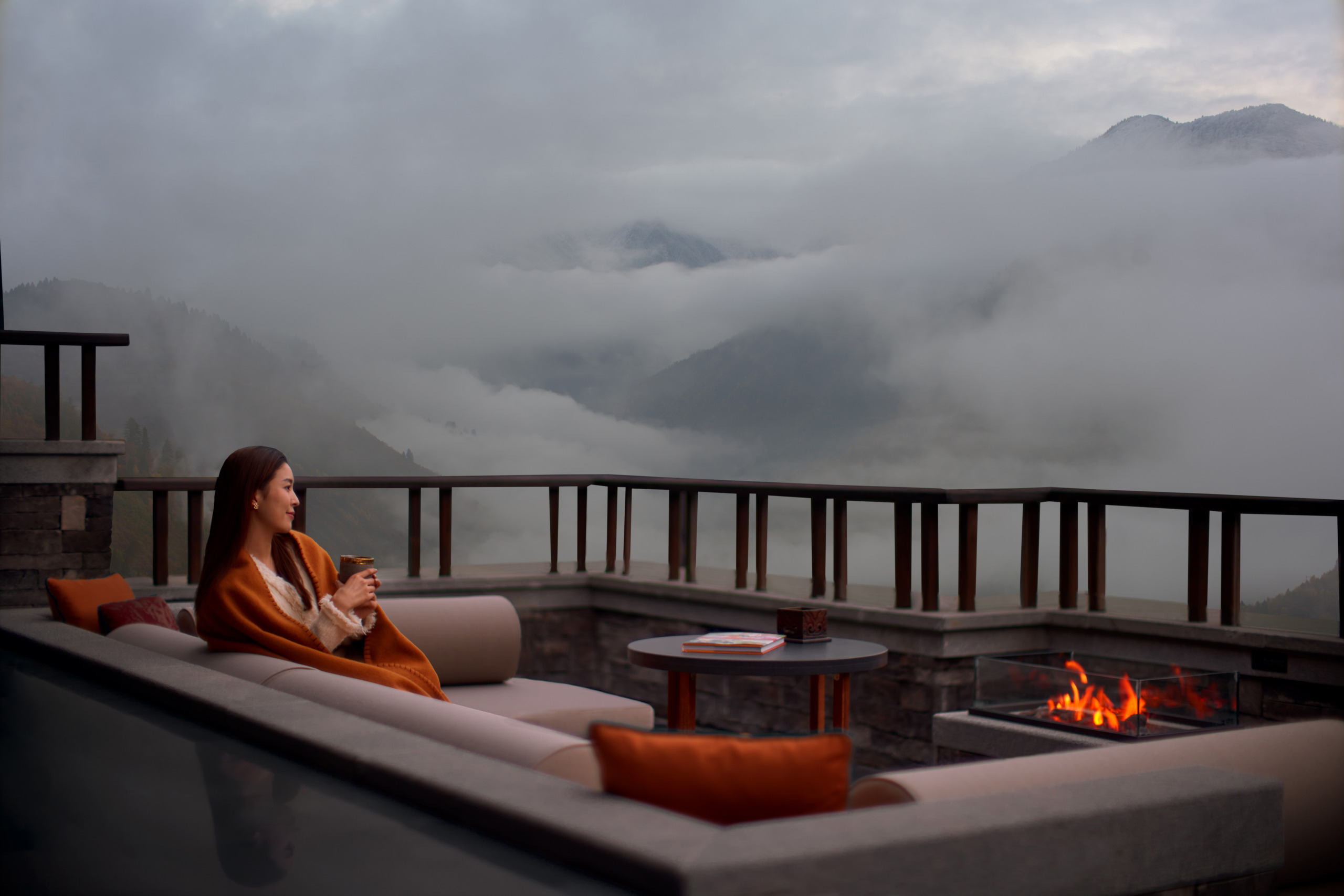


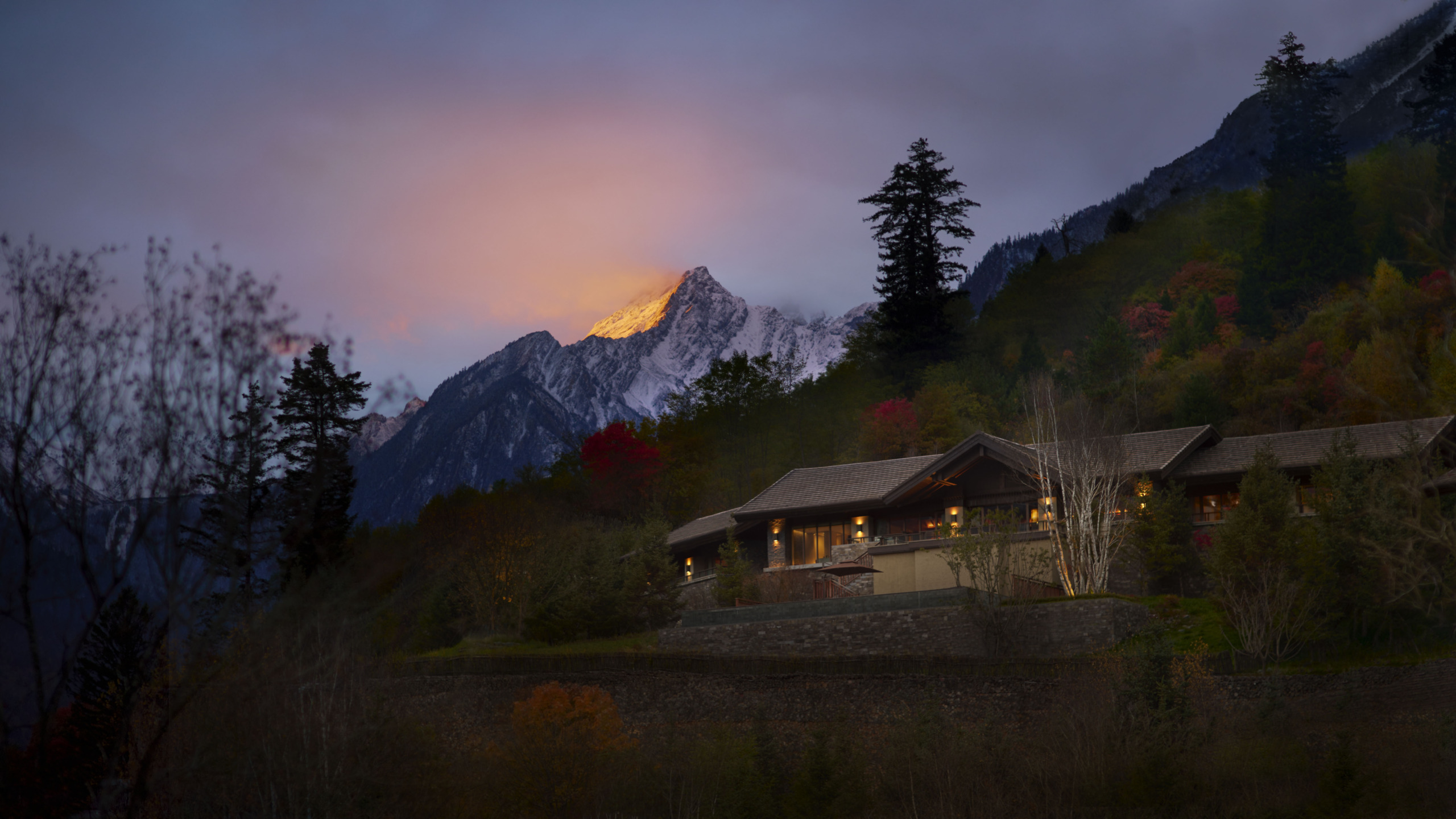
Luxury Lifestyle Hotels & Branded Residences
India’s appetite for lifestyle brands and curated experiences is surging, driven by a young, aspirational, and increasingly affluent consumer base. As disposable incomes rise and global exposure expands, there is a growing demand for lifestyle hotels, branded residences, and higher-end retreats that offer exclusivity with experience-driven luxury.
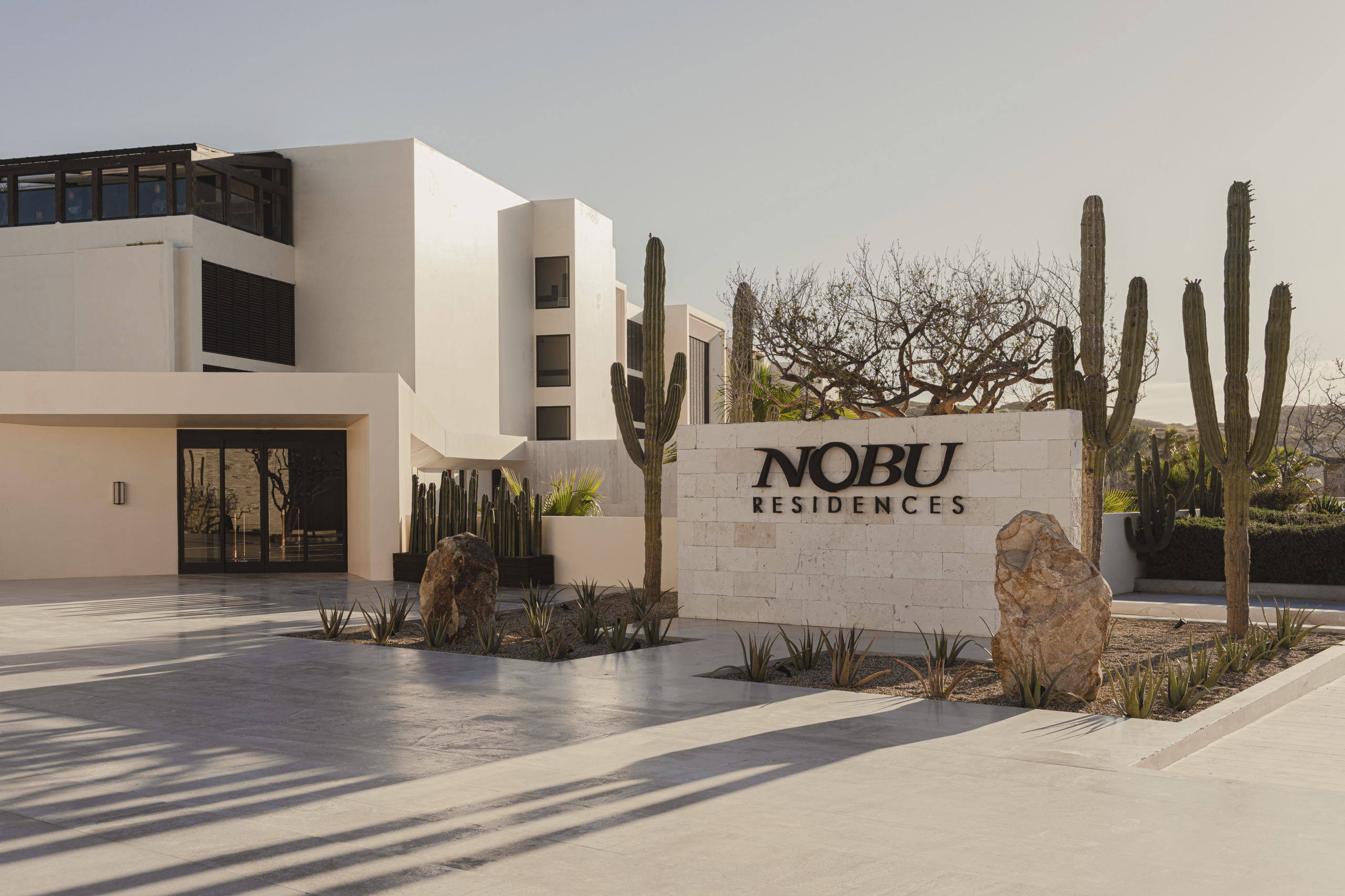
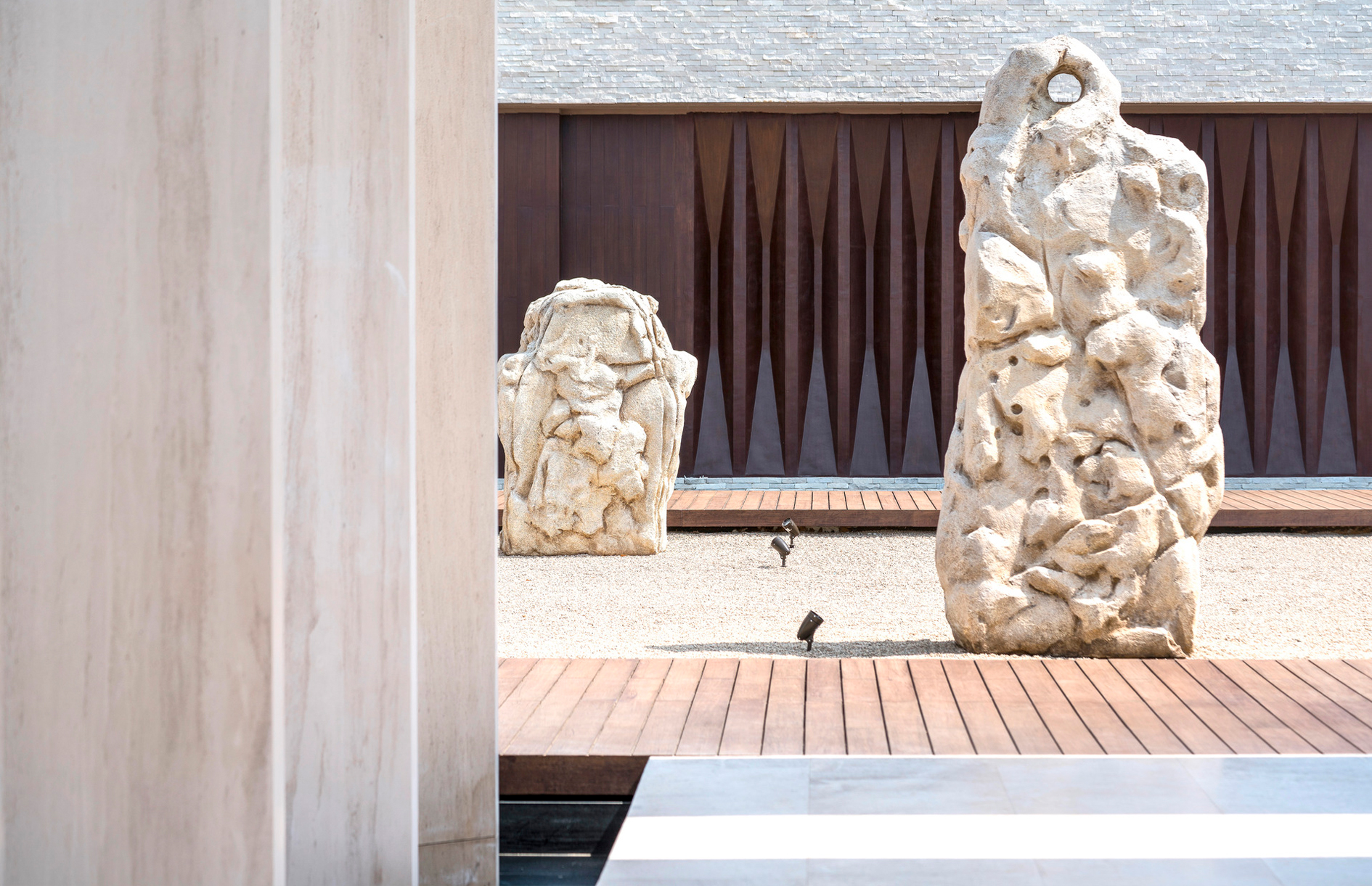
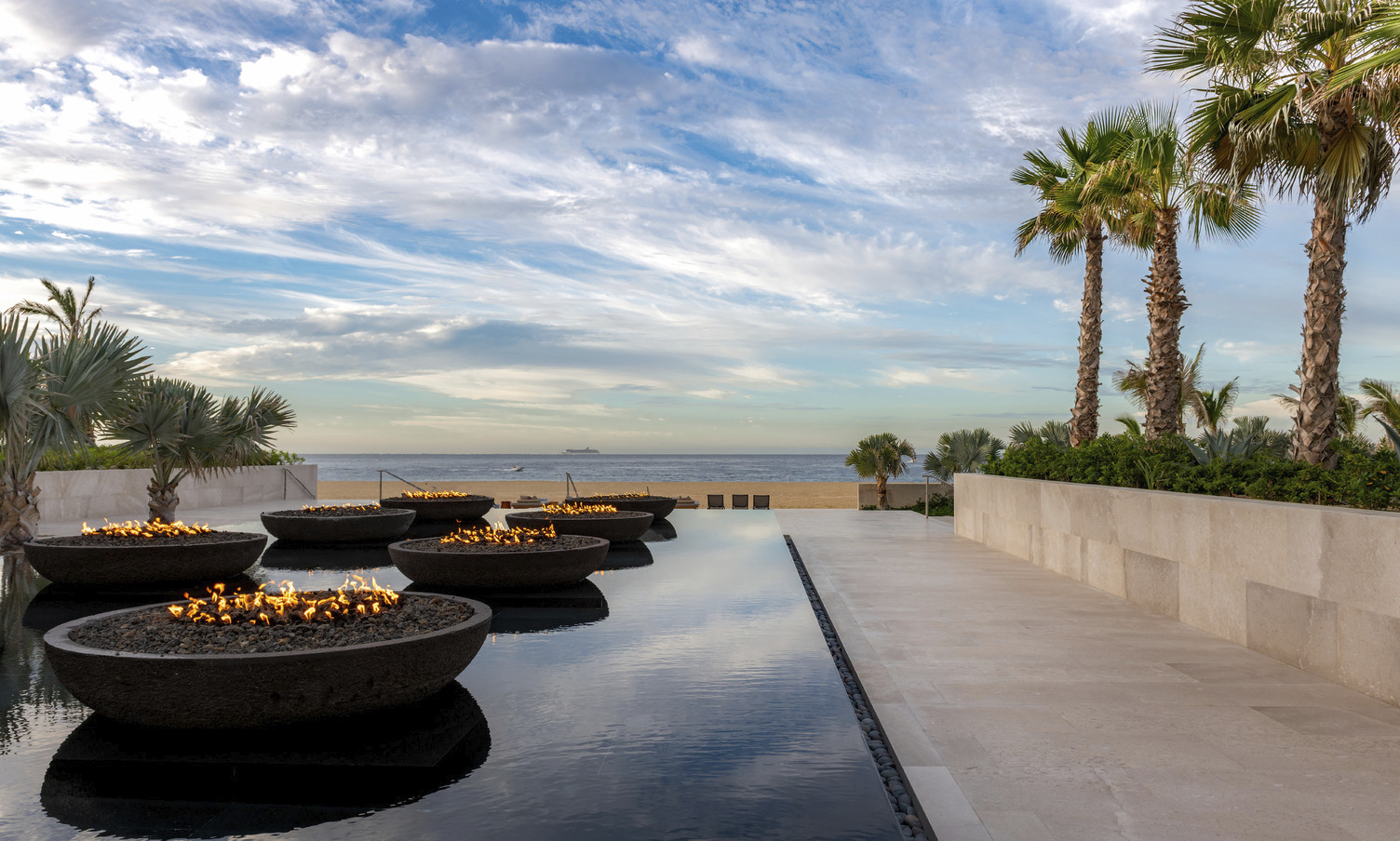
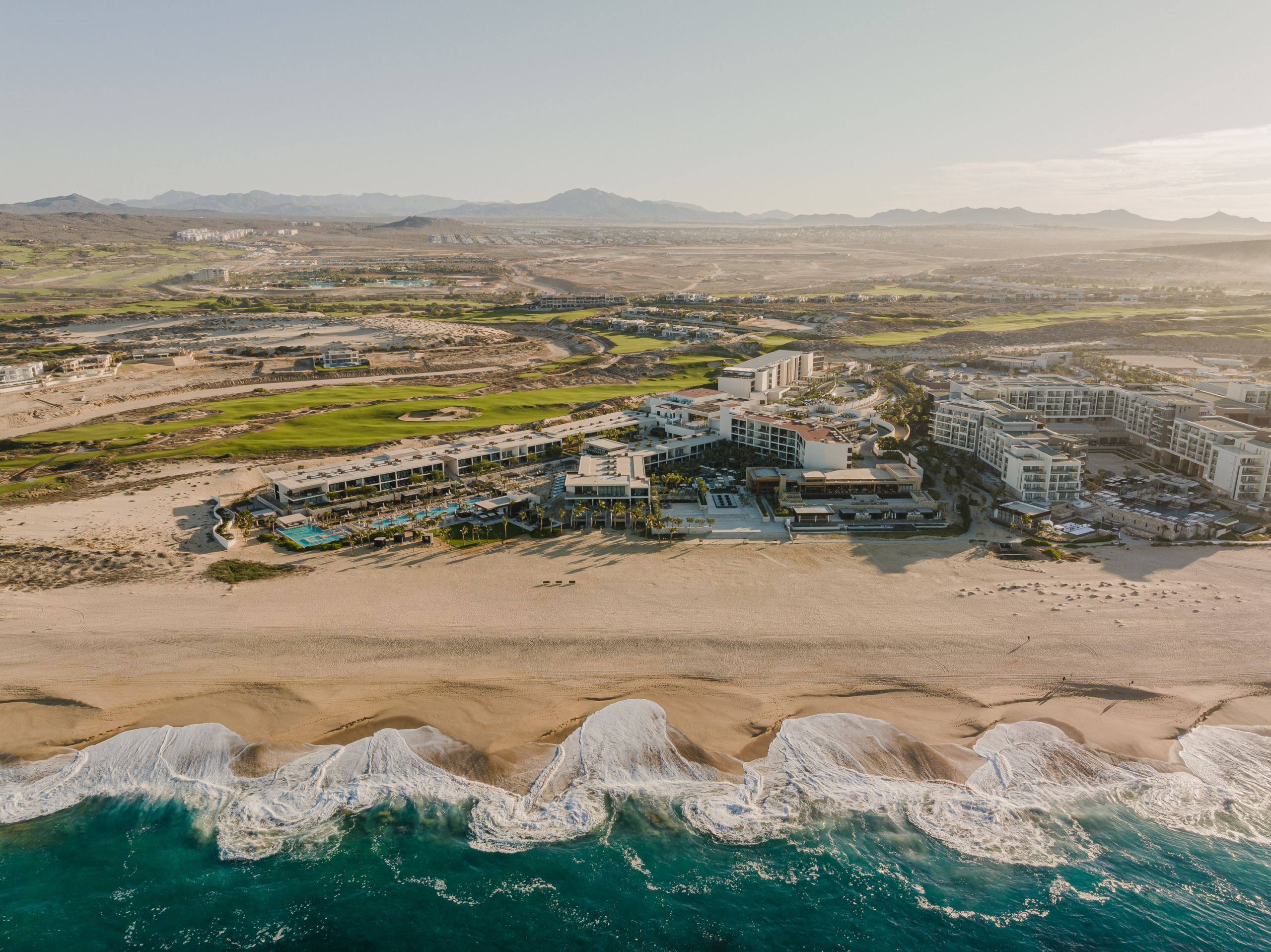
Nobu Hotel & Residences Los Cabos serves as a compelling model for lifestyle hospitality that seamlessly blends design, culture, and culinary excellence. Nobu’s signature aesthetic—where Japanese minimalism meets the raw beauty of Mexico’s coastline—demonstrates how strong brand identity and design synergy can create an immersive destination. In India, where demand for curated lifestyle experiences is rising, there is an opportunity to redefine luxury through architecture, sensory-rich interiors, and a seamless integration of tradition and modernity. The Nobu approach—where hospitality is elevated through design, gastronomy, and holistic experiences—offers a roadmap for crafting distinctive, high-end destinations that resonate with a discerning new generation of travelers.
“India’s rising demand for experiential travel presents an opportunity for destination-driven brands to curate contemporary luxury, culturally authentic, and immersive hospitality experiences.”
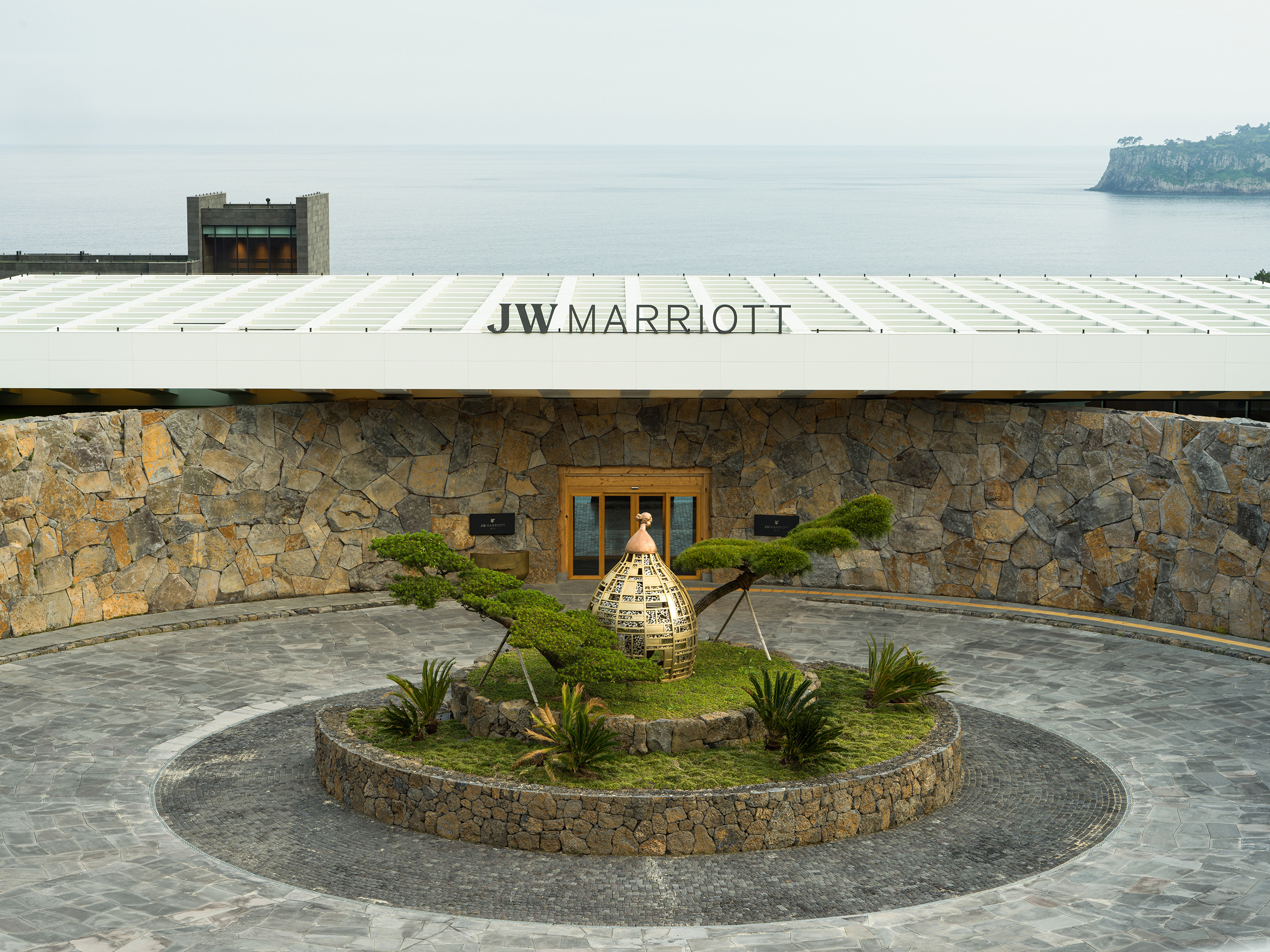
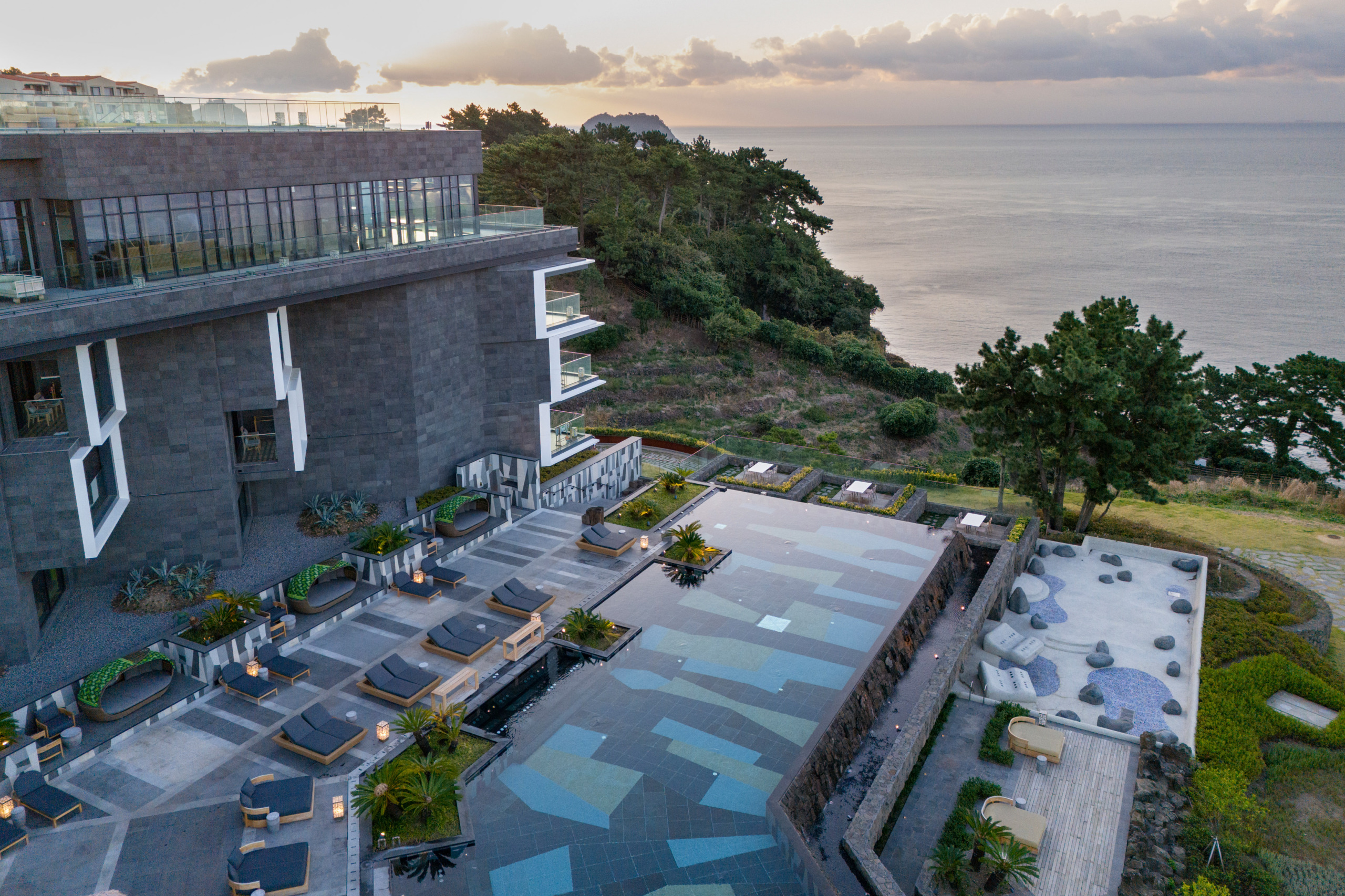
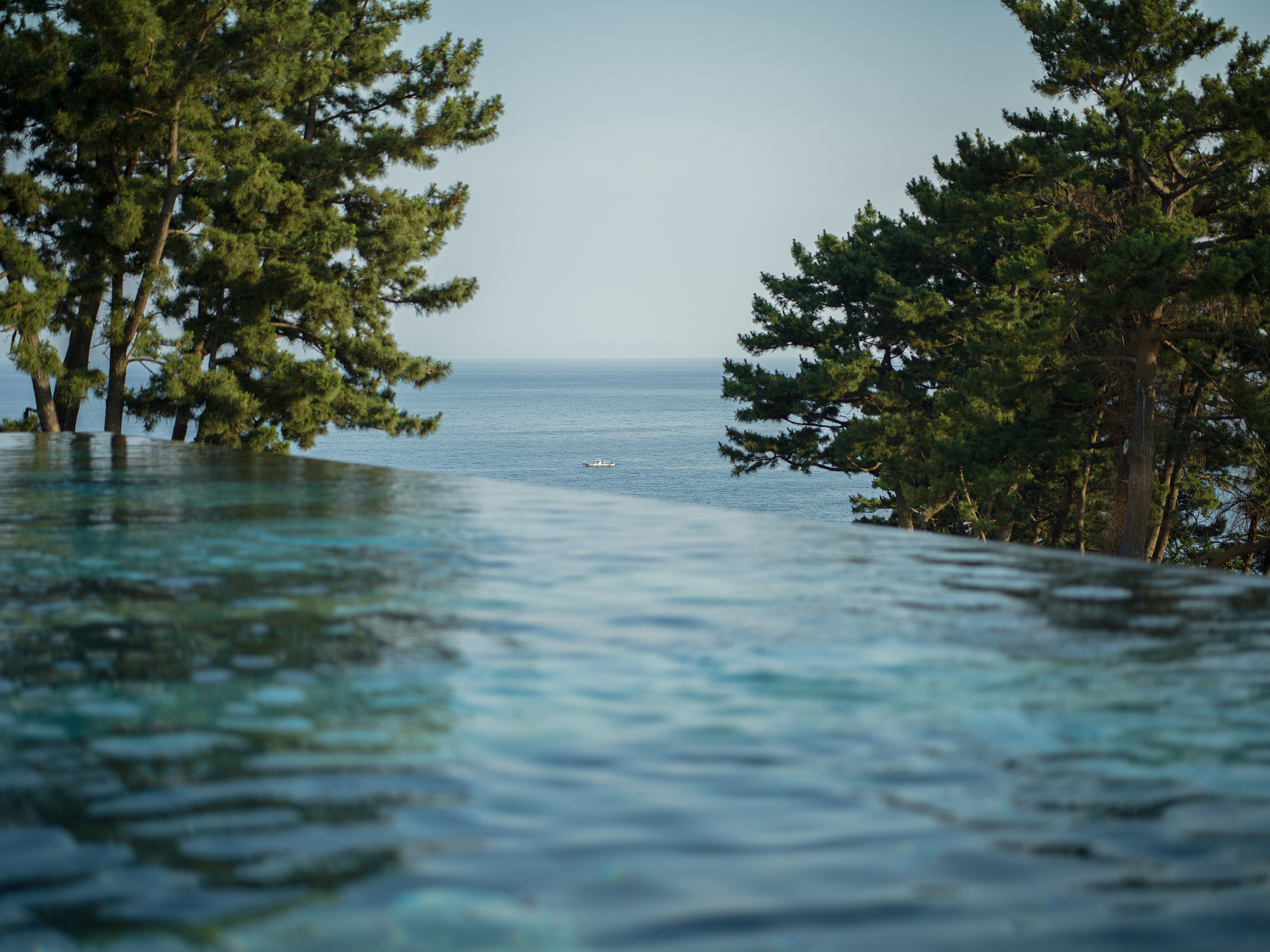
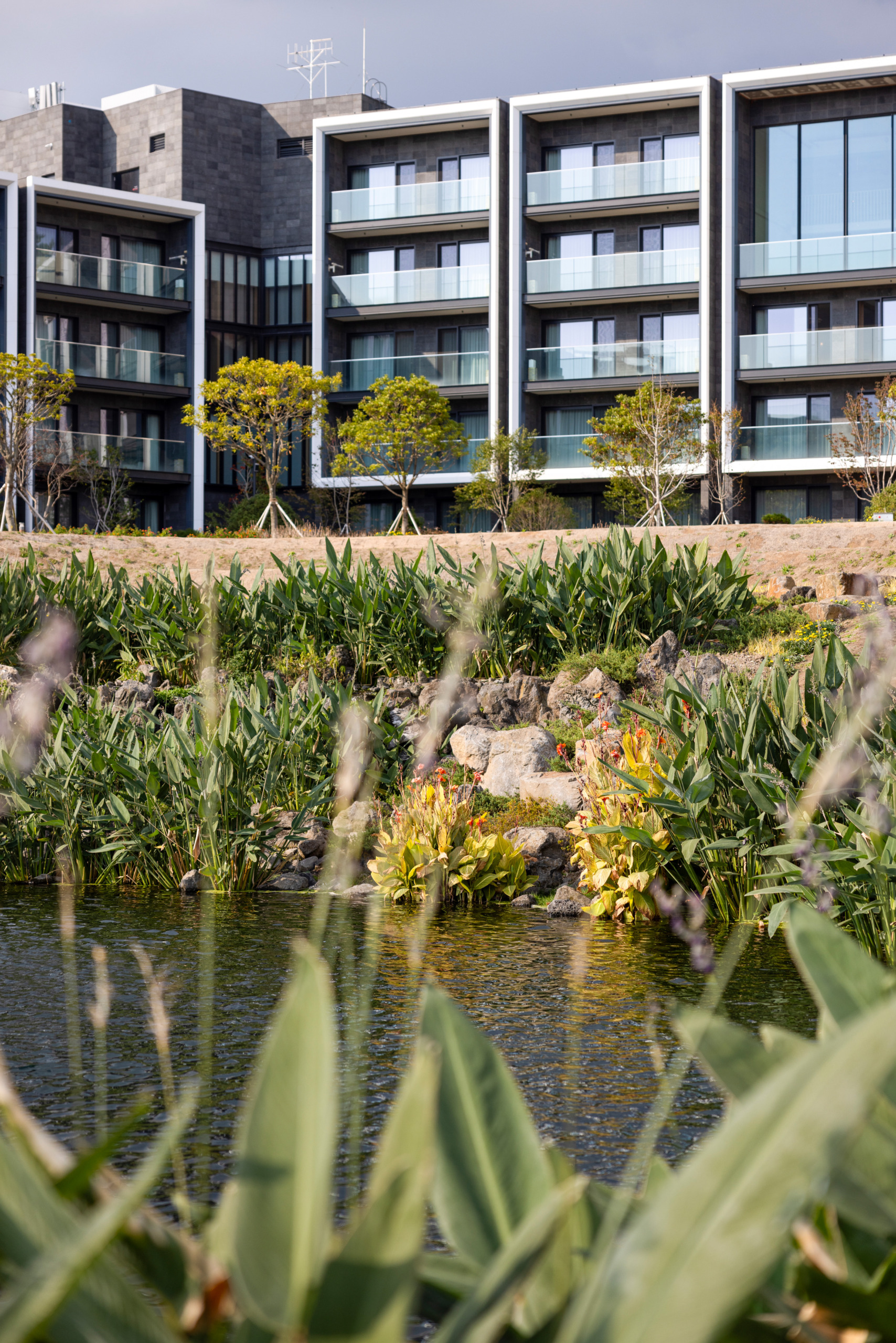
JW Marriott Jeju Resort & Residences, located on Jeju Island in South Korea, sets a benchmark for luxury lifestyle that harmonizes natural beauty with refined design. The resort’s design reflects a deep connection to the island’s volcanic landscapes and coastal beauty, while seamlessly integrating modern architecture and sustainable principles. This project exemplifies how luxury can be defined by the surrounding environment, where architecture enhances and respects the natural world.
Cultural & Heritage Tourism
Cultural and heritage tourism is well recognized as a significant segment of India’s tourism landscape, with travelers increasingly seeking authentic experiences that connect them to the country’s rich history, traditions, and architectural marvels. As global interest in heritage-based experiences grows, India’s diversity offers a wealth of opportunities for luxury resorts and boutique hotels to craft immersive stays that celebrate the past while delivering world-class service.
One such example is The Leela Palace Bengaluru, which stands as a testament to the grandeur of India’s royal heritage. Inspired by the regal architecture of Mysore and the opulence of the Vijayanagara Dynasty, this majestic property pays homage to the country’s royal past. The design seamlessly blends palatial scale with modern luxury, while the property’s nine-acre gardens, cerulean lagoons, marble fountains, and palm-lined paths reflect the lush beauty of Bangalore, a city renowned for its abundant flora.
“Designing for cultural and heritage tourism requires a high level of sensitivity to capture the nuances of a region in an authentic way, allowing guests to experience the grandeur of India’s legacy while indulging in contemporary comforts.”
MICE & Destination Wedding
The demand for MICE (Meetings, Incentives, Conferences, and Exhibitions) and destination wedding tourism in India is on the rise, driven by the need for luxury, convenience, and memorable experiences in both business and personal milestones. There is an increasing need for urban oases that offer seamless, world-class facilities while providing an escape from the hustle and bustle of city life.
A prime example is Taj The Trees, an urban retreat combining luxury with tranquility – an environment ideal for high-profile business events and lavish weddings. Set amidst lush gardens, cascading water features, and expansive outdoor spaces, the property transforms the traditional city experience into a sanctuary of peace and elegance. The vertical expression meant that guests may indulge in a myriad of experiences, while enjoying exclusivity. In addition, the orientation and position of the hotel’s main entry and the different access of the function space ensures an orchestration that maximizes the use of spaces and facilitate the renowned Taj hospitality offering.
“In a rapidly urbanizing country like India, the concept of an urban oasis is becoming increasingly crucial, providing refuge from city chaos while offering unmatched luxury and versatility for both corporate events and days-long wedding celebration to take place.”
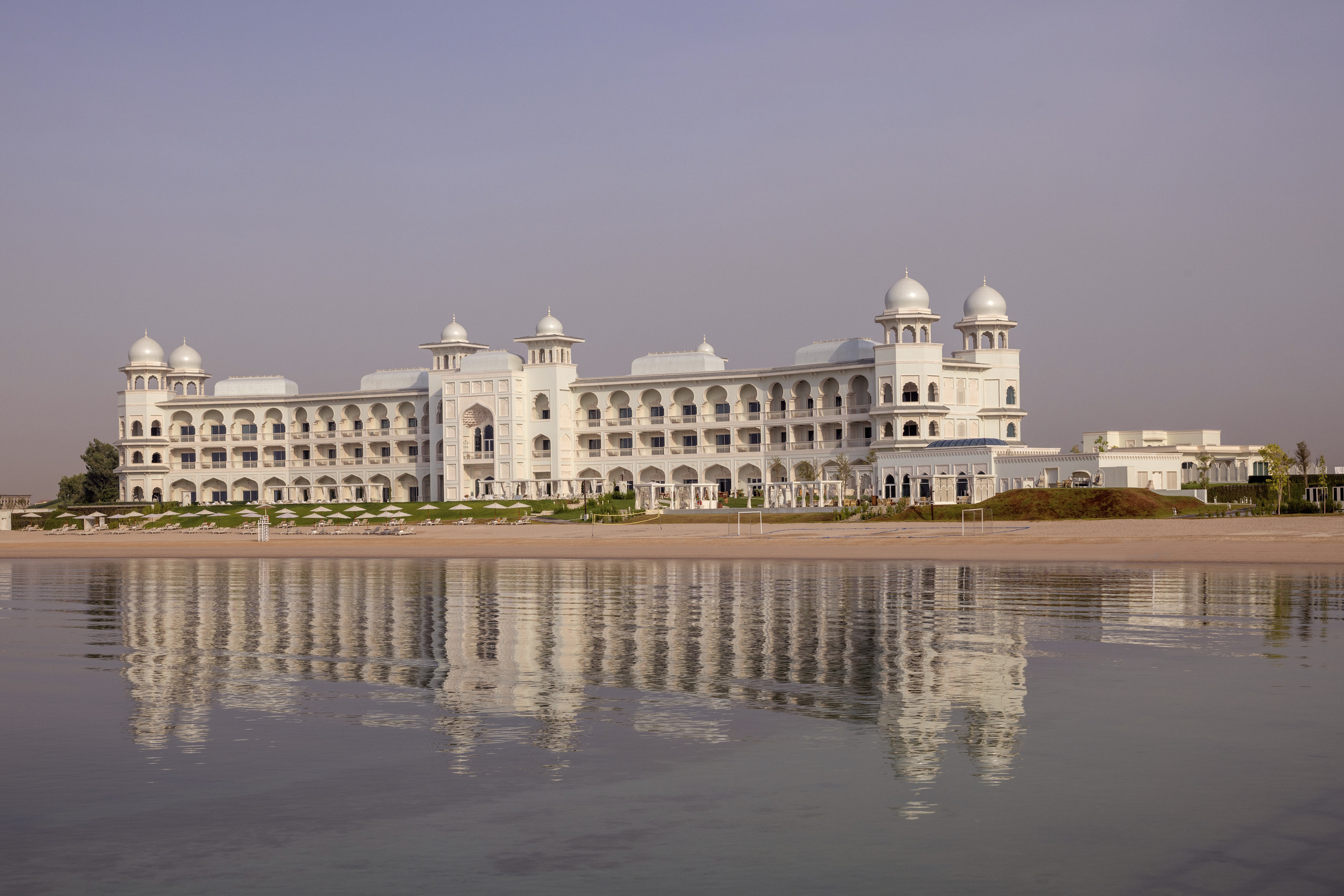
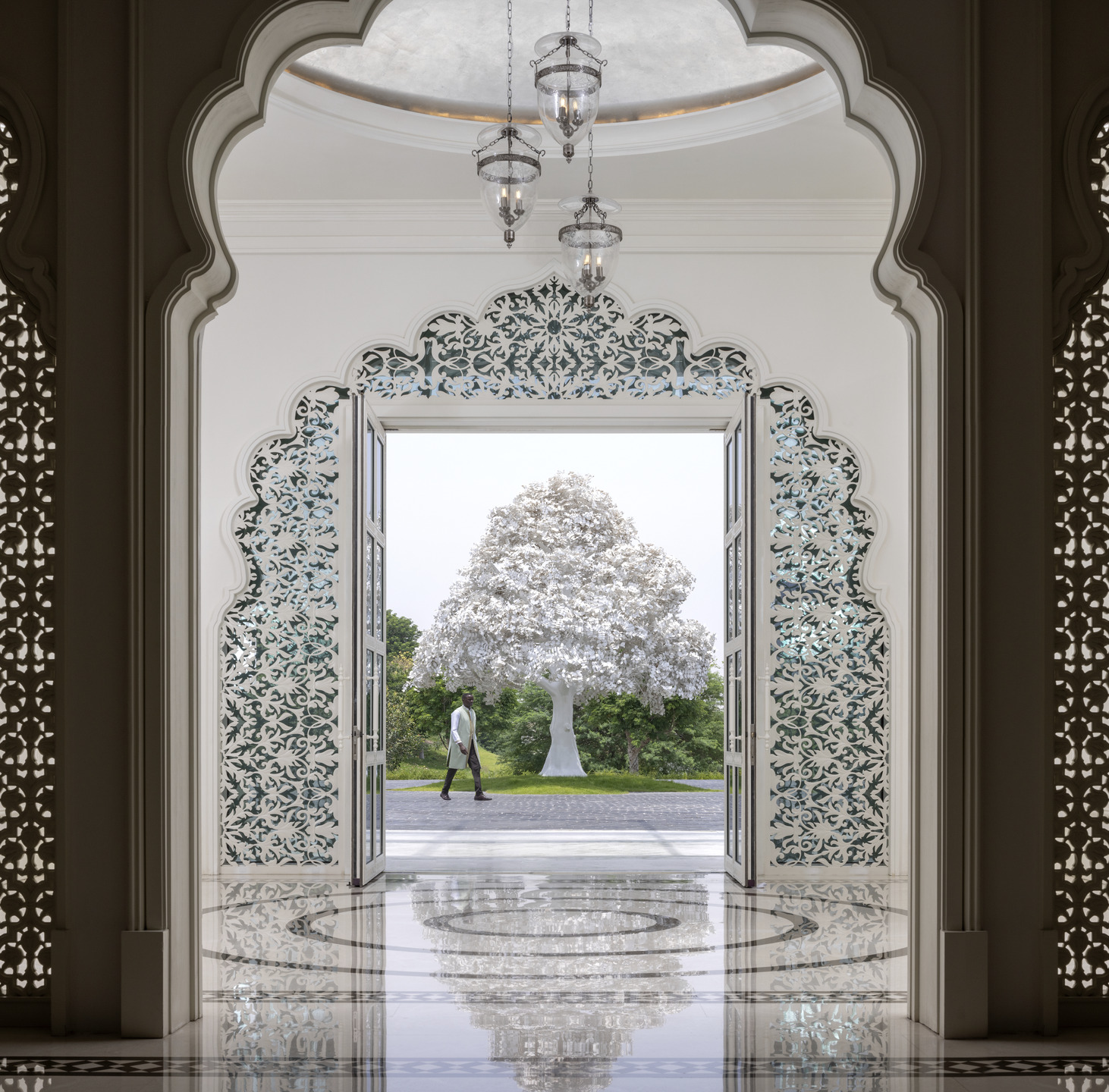
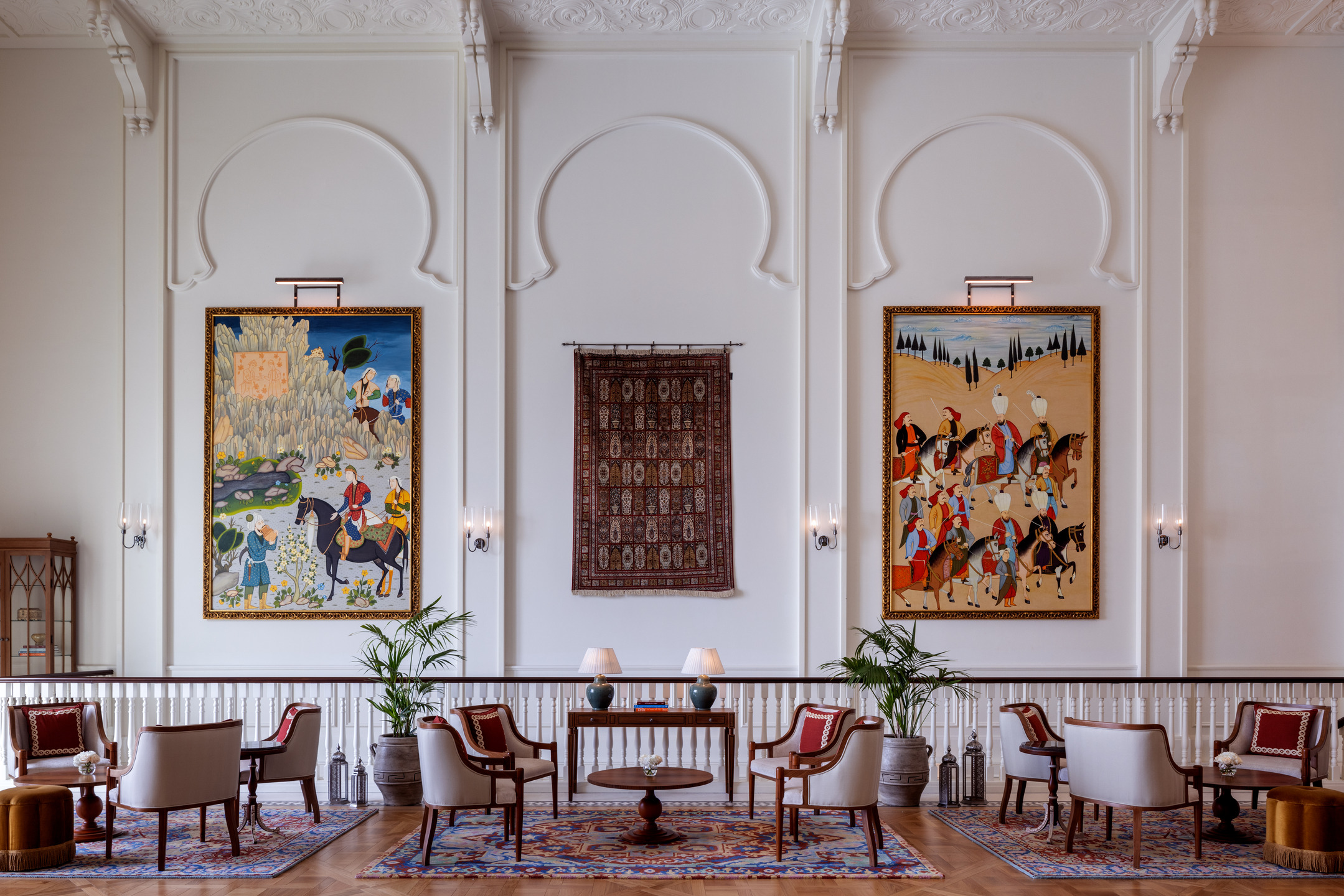
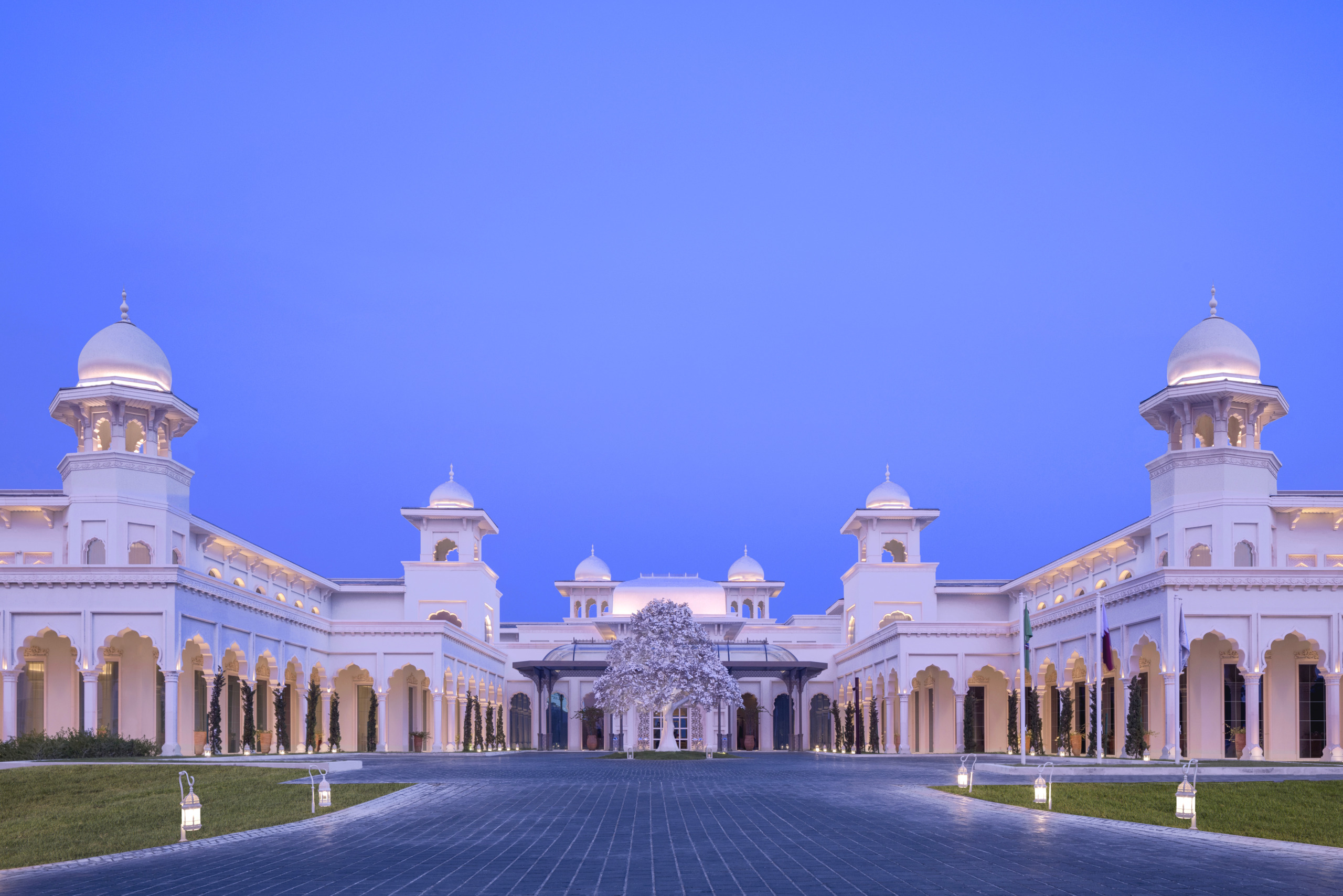
Nestled along the pristine beachfront of the Katara Cultural Village, The Chedi Katara Hotel & Resort offers 59 elegantly appointed rooms and suites, along with 32 villas, complemented by world-class culinary concepts, providing guests with a truly immersive experience. Reimagining Doha’s luxury landscape by infusing the Mughal heritage with a touch of Ottoman influence, meticulous attention to detail to ensure authenticity was given to every aspect of the design, resulting in a regal design for extravagant wedding celebrations.
Adventure & Eco-Tourism
Adventure and eco-tourism in India are gaining momentum as travelers increasingly seek immersive experiences in nature, where they can engage in thrilling activities while conscious of environmental sustainability. Resorts that offer adventure and eco-tourism not only tap into this growing demand but also differentiate themselves in a competitive landscape by resonating deeper with today’s savvy, experience-driven travelers.
Lagen, El Nido located in the Philippines, is a recent renovations project that stands as a high-impact asset enhancement, effectively responding to shifting guest expectations and market trends while maintaining a conscious approach to CapEx and owner ROI.
Design strategies include leveraging on biophilia principles to deepen the human connection with nature, celebrating native crafts through interventions inspired by the site’s cultural heritage and maximizing the repurposing of existing materials.
From conceptual inspiration to execution, every element of Lagen, El Nido’s renovation harmonizes with nature while celebrating Filipino culture. The project stands as a model for seamlessly integrating diving and water-led adventure with regenerative eco-tourism, offering world-class luxury set against the most breathtaking backdrop of nature.
“The key to designing for adventure and eco-tourism is to draw guests into a journey of discovery and exploration while evoking a spirit of curiosity and respect.”
The future of Indian hospitality has never been more dynamic and brimming with excitement. The stage is set for its new chapter to unfold—one that will shed its conventional past and elevate it into the global powerhouse for experiential luxury and cultural authenticity, captivating both domestic and global travelers.
